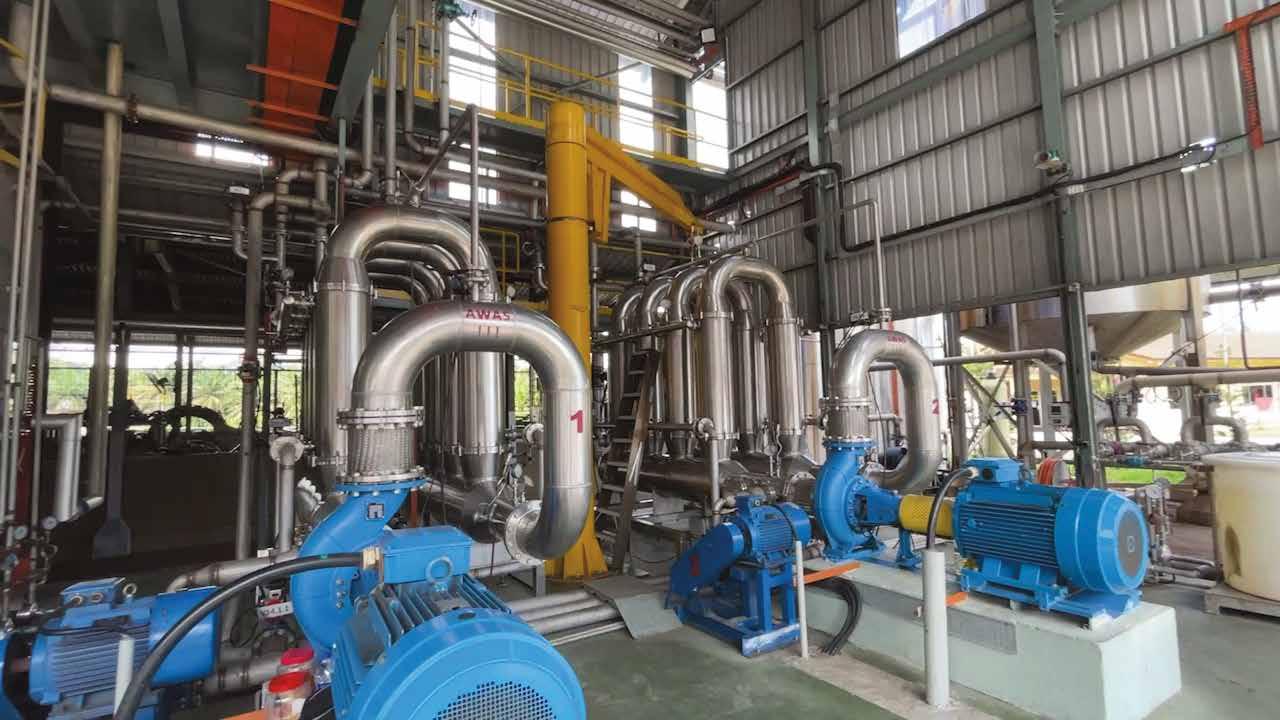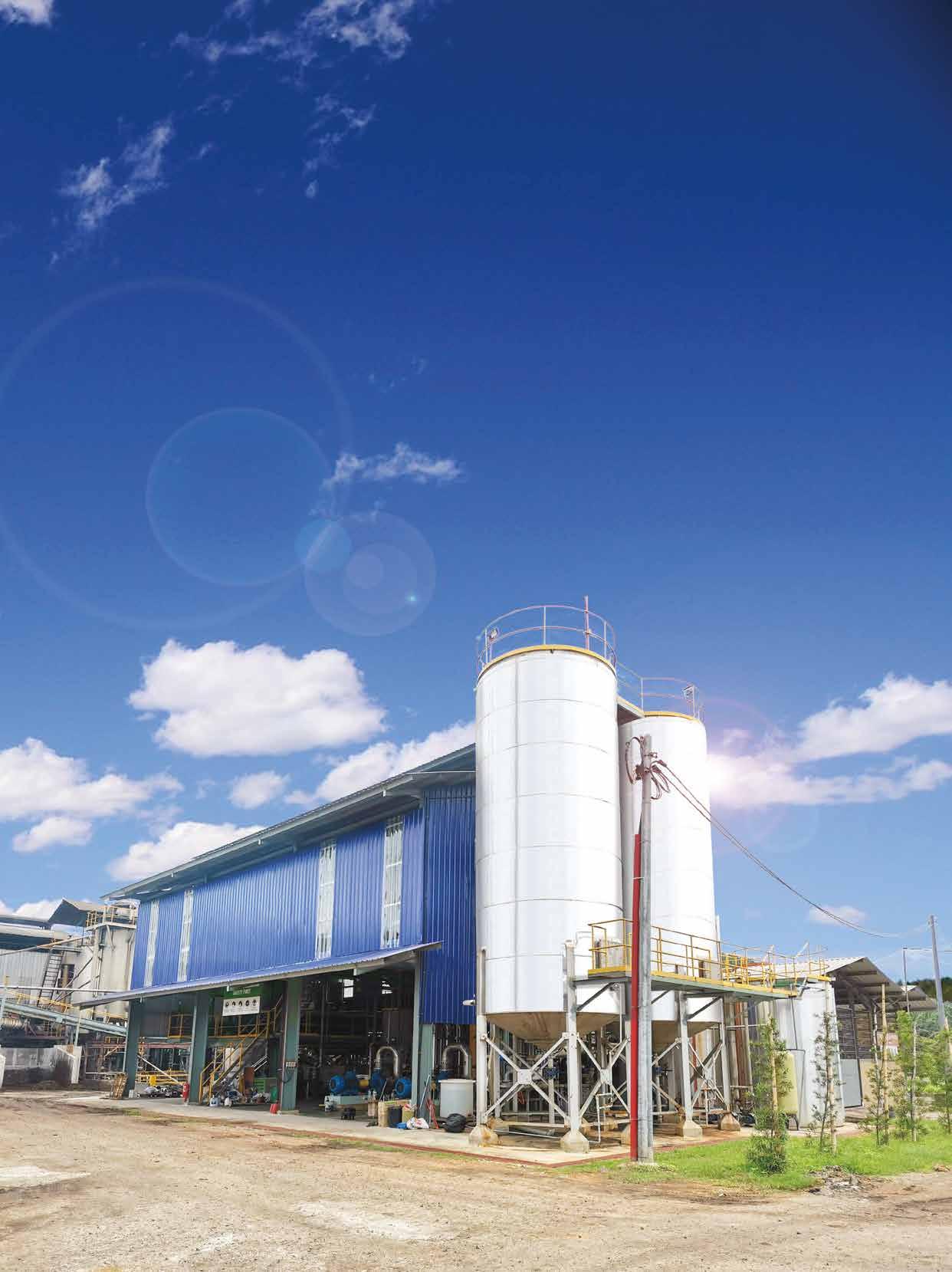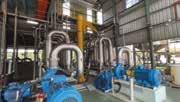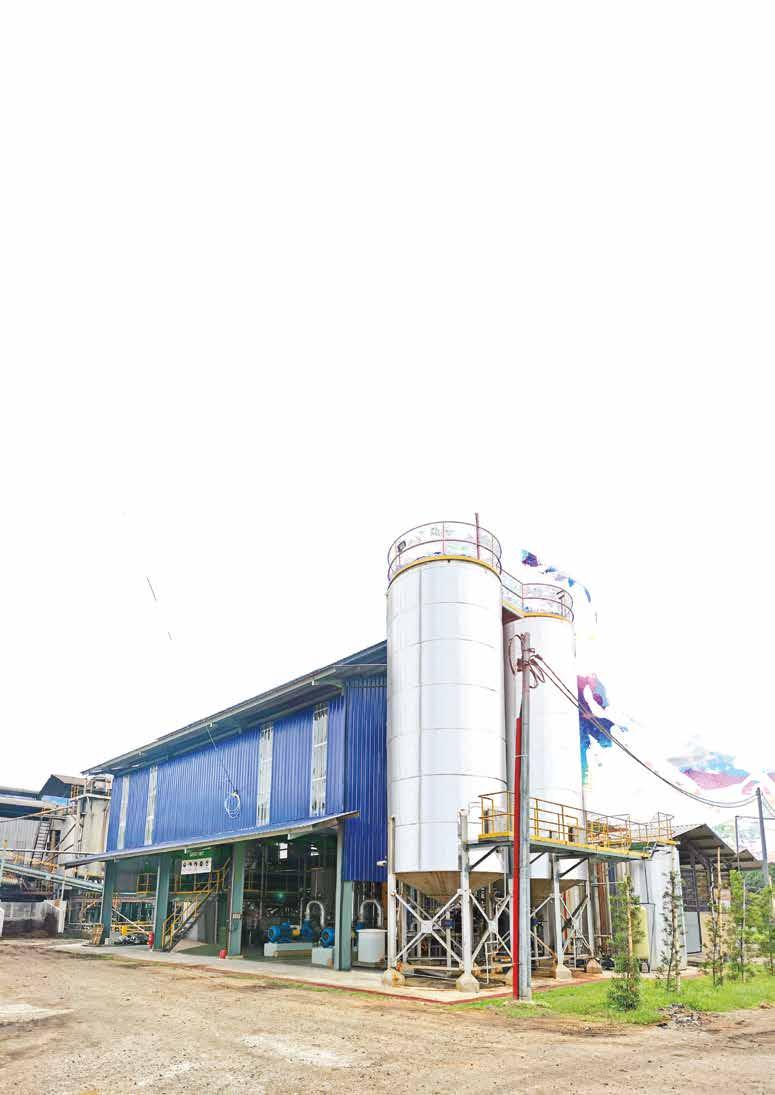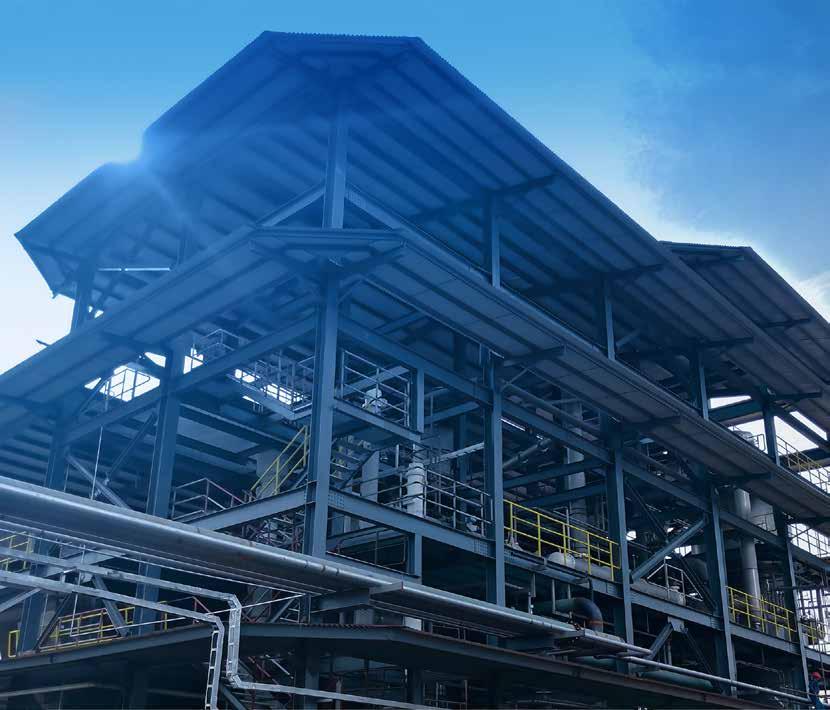






























































Visit us at PIPOC | 7-9 November 2023@KL Convention Centre Booth:17,18,23 & 24 | Enquiries: marketing.jkt@m-vance.com
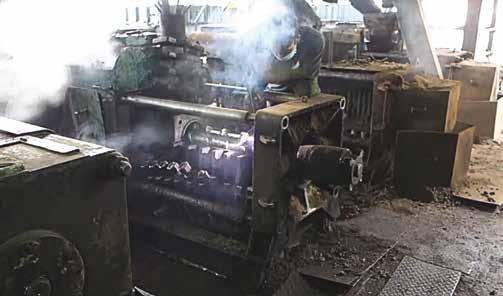




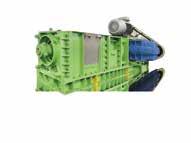
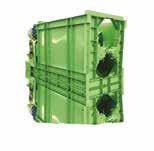


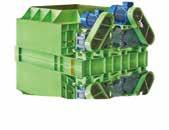




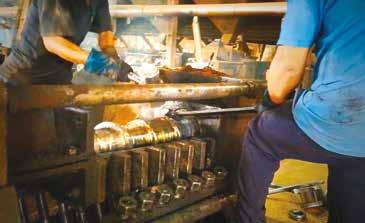
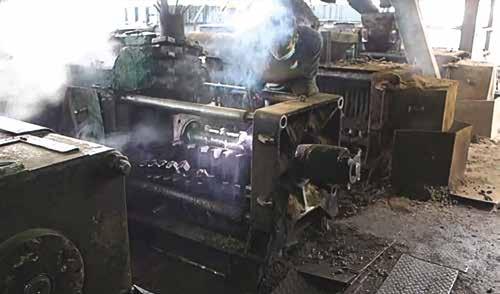


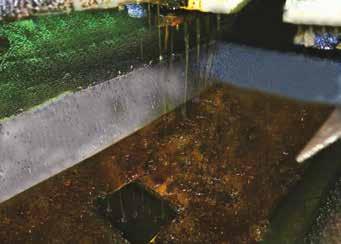
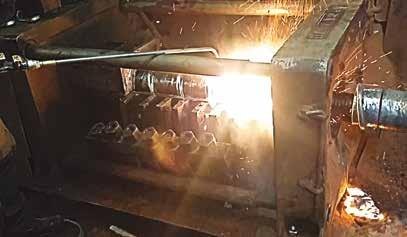








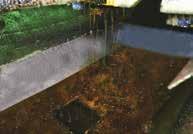



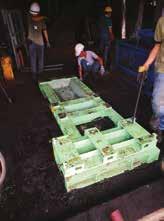

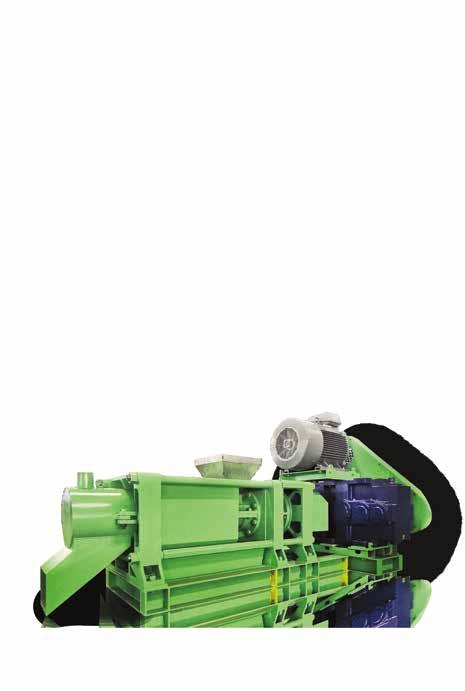

China’s imports of Malaysian palm oil will double to 500,000 tonnes a year following the exchange of a Memorandum of Understanding (MoU) between Sime Darby Oils International Ltd (Sime Darby Oils) and GuangXi Beibu Gulf International Port Group (GuangXi Beibu Gulf). Prime Minister Datuk Seri Anwar Ibrahim and a few other ministers witnessed the MoU exchange in conjunction with his working visit to Nanning, China.
He stated that this MoU will help to protect the interest of oil palm smallholders and it would also see the joint development of a refined palm oil and fats distribution and trading center in Qinzhou, China, by Sime Darby Oils and Guangxi Beibu Gulf, with RM2.5 billion worth of exports estimated to be.
On another note, plantation, and commodities minister Fadillah Yusof stated that Malaysia is reviewing an existing windfall tax on the palm oil industry with the hope to complete it next year. The plantation and commodities owners in Malaysia have been asking the government for years to consider the tax rate and threshold for the windfall profit tax.
On behalf of the editorial team, thank you for your continuous support of Asia Palm Oil Magazine. Stay in touch with us at www. asia-palmoil.com and follow us on Facebook and LinkedIn for more updates.
Follow us:


Susan Tricia Editor
: Asia Palm Oil Magazine
: Asia Palm Oil Magazine

PUBLISHER
FBI Publications (M) Sdn. Bhd.
PUBLICATION MANAGER
Vanny Lim vanny@asiafbi.com
MARKETING COMMUNICATION
Nur Izyan binti Dzulkifli izyandzul@asiafbi.com
ASSISTANT EDITOR
Atthira Zawana atthirazawana@asiafbi.com
CREATIVE DESIGNER
Muhammad Fadzil design@asiafbi.com
BOARD OF DIRECTORS
Kenny Yong Susan Tricia

OFFICIAL MAGAZINE OF
FBI Publications (M) Sdn Bhd (1168942-P)

Unit 9-3, Jalan PJU 5/6, Dataran Sunway, Kota Damansara, 47810 Petaling Jaya, Selangor. | Tel: (+603) 5636 1952
DISTRIBUTED BY
Central Paper Agencies Sdn Bhd (111330-T)

11, Jalan SS 13/3C, Subang Jaya Industrial Estate, 47500 Selangor Darul Ehsan. Tel: (+603) 5636 1278 / 5636 1358 Fax: (+603) 5636 1952
Email: cpa@tm.net.my Web: www.centralreader.net
PRINTED BY
MMS PRINT SHOP (M) SDN. BHD. (1246387-v) NO 43G, Jalan PBS 14/2, Taman Perindustrian Bukit Serdang, 43300 Seri Kembangan, Selangor.
ENDORSED & SUPPORTED BY
DISCLAIMER
The assertions and opinions expressed in articles and announcements on this magazine reflect the views of the author(s) and do not (necessarily) reflect the views of the publisher. Asia Palm Oil Magazine can in no way be held responsible for the content of such views nor can it be held liable for any direct or indirect damage that may arise from such views.
The information in this magazine is regularly supplemented and/or modified. Asia Palm Oil Magazine reserves the right to make any changes with immediate effect and without providing any notice thereof Myande Group Co. Ltd


ASIA PALM OIL MAGAZINE | Oct-Dec 2023
Editor's Message


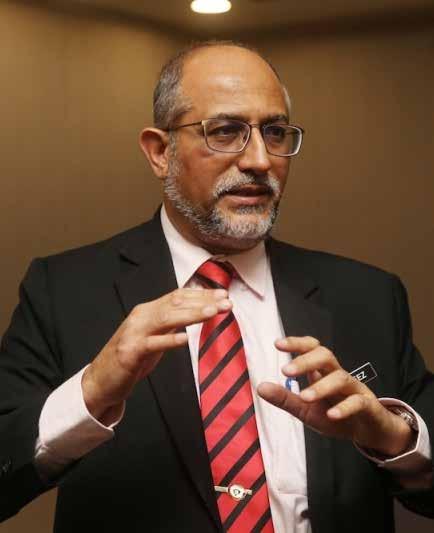
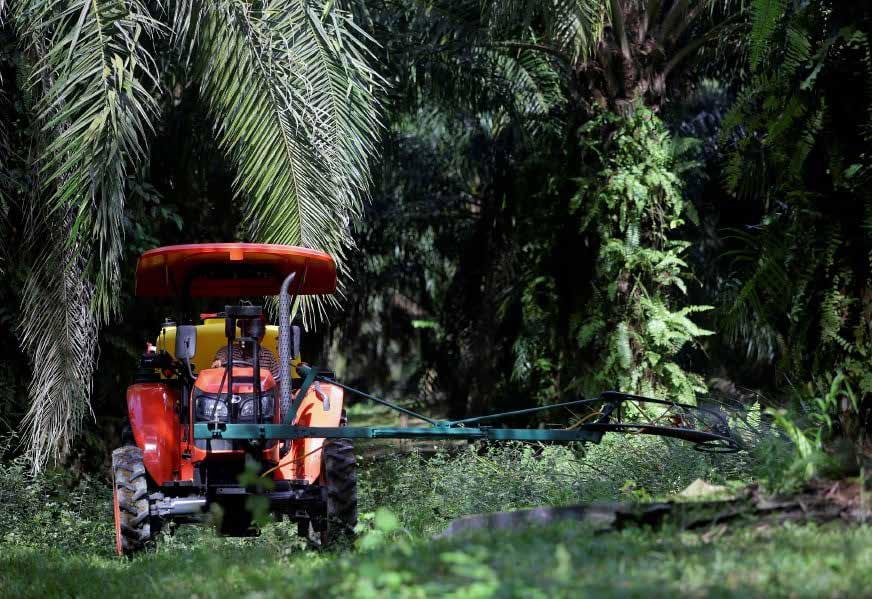
ASIA PALM OIL MAGAZINE | Oct-Dec 2023 > ORGANIZATION NEWS > INDUSTRY NEWS 08 -Sime Darby Oils Collab with Beibu Gulf Port to Spur Higher Palm Oil Demand 10 -MPOC Commits to Nation-Building, Economic Growth Through Sustainability 12 -MPOB Global Tocotrienol Market to Grow 7.2pc by 2024 14 -Stakeholders Empower Tawau Oil Palm Smallholders through Agroforestry 16 -Sabah Earns RM6.22b from Crude Palm Oil Tax From 2018, Among Biggest Earners for State Coffers 18 -Boost Tech Usage in Oil Palm Industry to Cut Foreign Worker Reliance, Says Abang Jo 20 -Malaysia's Palm Oil Sector to Benefit from UK's CPTPP Entry Analysts 22 -Nusantara Could Be ‘Double-Edged Sword’ For East Malaysia’s Oil Palm Plantations 26 -Robust CPO Price Signifies Resilience in Nation’s Palm Oil Industry, Says Bursa Chief
2024 MPOC Commits to Nation-Building, Economic Growth Through Sustainability 12 10
MPOB Global Tocotrienol Market to Grow 7.2pc by
> INTERNATIONAL NEWS
30 - India's Top Palm Oil Buyer Expects 26% Jump in Imports to Record 10 Million Tonnes
> GREEN SOLUTIONS
32 - Curtin Malaysia Student’s Video on Innovation, Sustainability for Palm Oil Wins Competition
34 - IPB Researches Look into Palm Waste Fabric
36 - MPOB, PETRONAS to Study Production Using Cooking Oil, Palm Wastes
38 - Palm Oil Group to Allocate RM2mil to Elephant and Orangutan Conservation Efforts in Sabah
> REFINERY NEWS
40 - Ecoscience International Bags RM24 Mil Contract to Build Palm Oil Refinery Complex in Indonesia
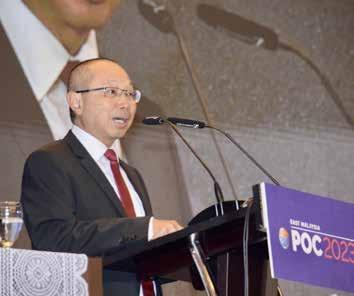
> PLANTERS CORNER
42 - MPOA Dire Need for Oil Palm Replanting
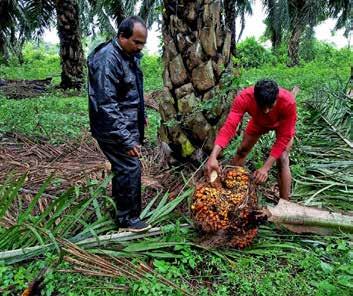
> TECHNOLOGY AND PRODUCT
46 - Boron Deficiency in Oil Palm
NEWS
50 - Two Guascor Energy Biogas Units Generate Electricity for Timber and Oil Palm Milling in Sabah State
52 - HAUS Decanter Centrifuge Made its Debut in East Malaysia
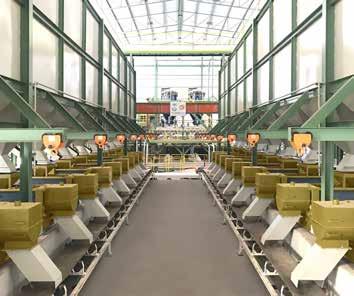
54 - Advancing Sustainability through Circular Economy Collaboration with ALCOM.
58 - MyPalm – Revolutionizing Palm Oil Milling with Artificial Intelligence Technology
> SPECIAL INSIGHT
60 - Effects of Windfall Profit Levy on The Palm Oil Industry
> IN THE HOT SEAT
64 - One-Stop Service with Muar Ban Lee Group Berhad
> COVER STORY
68 -RSPO Helps Smallholders Market Sustainable Palm Oil to the Global Market
India's Top Palm Oil Buyer Expects 26% Jump in Imports to Record 10 Million Tonnes
ASIA PALM OIL MAGAZINE | Oct-Dec 2023
26 64
One-Stop Service with Muar Ban Lee Group Berhad
30
Robust CPO Price Signifies Resilience in Nation’s Palm Oil Industry, Says Bursa Chief
Sime Darby Oils Collab with Beibu Gulf Port to Spur Higher Palm Oil Demand

Sime Darby Oils International Ltd (SDO), a whollyowned subsidiary of Sime Darby Plantation Bhd, says the collaboration with Guangxi Beibu Gulf International Port Group Ltd (BGP) presents an opportunity for its palm oil products to be sold and distributed in major consumer areas in mainland China.
“With the growing demand for palm oil products and the increasing trade volumes between China and Malaysia, we anticipate that this partnership will promote growth of sustainable supply chain and spur greater demand for palm oil in China,” said SDO managing director Mohd Haris Mohd Arshad in a statement.

It was reported that the parties had inked a memorandum of understanding (MoU) worth RM2.5bil to leverage the port and logistics of BGP in the Beibu Gulf Economic Region to establish a shortening trading distribution center in the Qinzhou Free Trade Zone of Guangxi Zhuang Autonomous Region in China.
The partnership would also explore utilizing existing bonded warehouses as a refined palm oil trading and distribution center in the Qinzhou Free Trade Zone and applying to become the delivery warehouse of the Dalian Commodity Exchange.
SDO and BGP also intend to fully utilize the preferential policies under Guangxi Free Trade Zone for the said refined palm oil trading and distribution center.
Both companies are also looking at marketing health products such as tocotrienol and red oil extracted from palm oil into the domestic market of China.
The MoU aspires for a combined target trading volume for shortening and refined palm oil of about 500,000 tons a year.
SDO, the world’s largest producer of certified sustainable palm oil, said a successful collaboration with BGP would be another milestone for SDO as it builds its position as the preferred supplier of certified-sustainable, high value palm oil products for the global market.
Under the MoU, both companies intend to collaborate for a period of one year, after which an extension of the collaboration may be considered subject to mutual agreement.
ASIA PALM OIL MAGAZINE | Oct-Dec 2023 8
Source: www.thestar.com.my

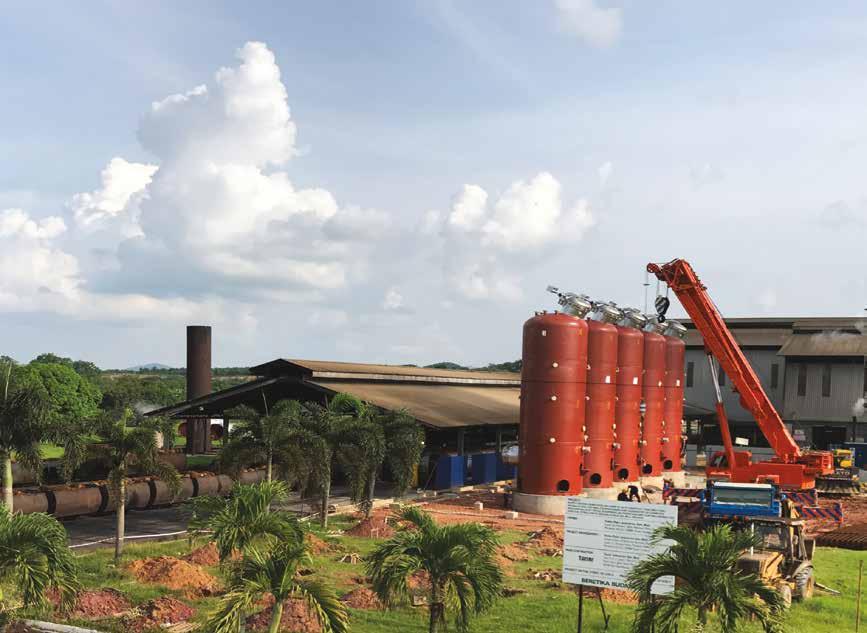
MPOC Commits to Nation-Building, Economic Growth Through Sustainability
As the main entity to promote Malaysian palm oil, the Malaysian Palm Oil Council (MPOC) has played its role in nation-building to spearhead economic growth.
In conjunction with the 66th anniversary of the country’s independence, MPOC has further committed to carrying out its duties as the prime mover in sustainable development and environmental sustainability in the nation’s palm oil industry.
BACKBONE OF PALM OIL INDUSTRY POST-MERDEKA
Since its establishment in 1990, MPOC has made successful efforts to eradicate poverty among the rural population by encouraging large-scale oil palm planting through the Felda scheme.
MPOC’s initiatives related to environmental sustainability and social aspects are also exemplary examples of the spirit of independence.
“Efforts to promote awareness of the history and benefits of the palm oil industry to the present generation have helped create an appreciation of Malaysia’s achievements in eradicating poverty.
“Through education programs for various levels of society, MPOC strives to instill an understanding of the evolution of the palm oil industry and its role in driving the national economy,” MPOC told Bernama.
VENTURING INTO THE GLOBAL MARKET
The main role of MPOC is to encourage a sustainable palm oil market and increase the image of Malaysian palm oil globally.
MPOC’s active participation in the promotion and marketing of Malaysian palm oil in the global market has boosted Malaysia’s position as the main player in the industry.
The agency has also taken the initiative to open regional offices in locations globally which include China, India, Europe, the Middle East and Africa.
“This has tracked new potential markets and encompasses specific issues related to every region involved. As a result, the
country’s palm oil has received commendable recognition in the global market,” it said.
ADAPTATION TO CHANGE
MPOC has also played its role in aligning strategies with amendments to regulations and global market demands.
“Through cooperation with government representatives, industry stakeholders and international entities, MPOC strives to overcome challenges that arise in keeping with market and legislative changes.
“Proactive approaches such as initial meetings and consultations with related countries have ensured related issues on palm oil can be resolved wisely,” it said.
LEGACY OF INDEPENDENCE AND SUSTAINABILITY
MPOC is tasked to be remembered as an entity that has colored Malaysia’s post-independence journey and as a main contributor to the palm oil industry’s growth.
This includes the main role of palm oil in driving the economy, persistent efforts to deal with global market issues and commitment to environmental sustainability and the well-being of the people.
It is hoped that MPOC’s spirit and dedication will continue to be an inspiration in building a brighter future for Malaysia.
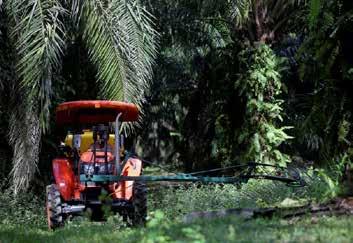
ASIA PALM OIL MAGAZINE | Oct-Dec 2023 10
(FILE PHOTO) The palm oil industry. -BERNAMA PIC
Source: www.nst.com.my

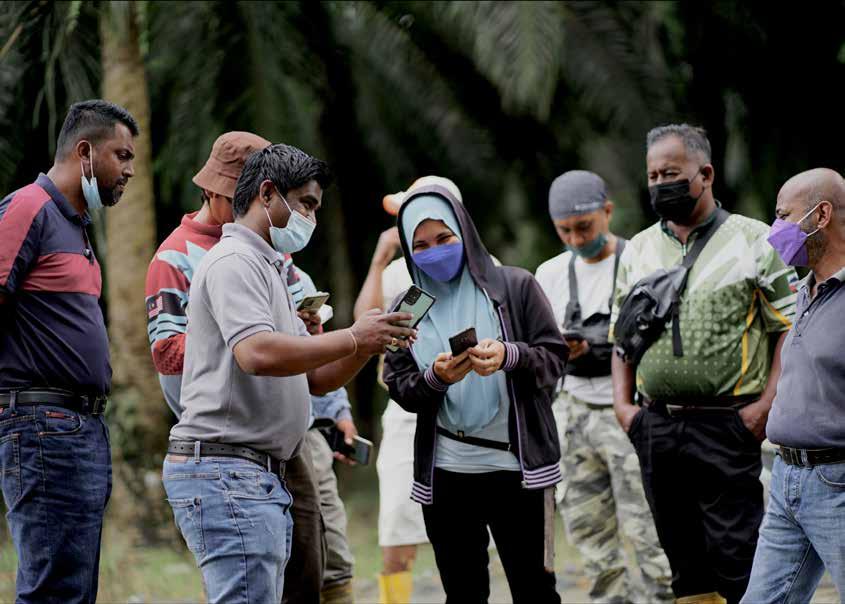




HTTPS://ABS.GLOBAL ReadytotakeyourPlantationandMill tothenextlevel? Contactustodayandexperiencethe powerofournext-generation DigitalTransformation isthefutureofpalmoil. AtABSGlobal,weempoweryourbusiness withadvancedsolutions. FromReal-TimeDatatoAnalytics,wehelpyouachieve efficiency, sustainability and profitability. Partnerwithusandtransformyouroperationsforthefuture RevolutionizePalmOilBusines WithReal-TimeInsights&Actions: InformedDecisions,CompetitiveAdvantage
MPOB: Global Tocotrienol Market to Grow 7.2pc by 2024
The global tocotrienol market is expected to grow at a compound annual growth rate (CAGR) of 7.2 per cent by 2024 from 530.4 tons in 2015, with the Asia Pacific region being the biggest market, according to the Malaysian Palm Oil Board (MPOB).
The projection is in tandem with the pharmaceutical and medical nutrition markets’ CAGR forecast of 23.5 per cent.
“The MPOB’s promotion of oil palm products, including tocotrienol, has helped to boost acceptance of such products, especially among manufacturers.
“As a result, palm tocotrienol products can now be easily found in the market, including on Amazon and other e-commerce platforms,” said director-general Datuk Ahmad Parveez Ghulam Kadir.
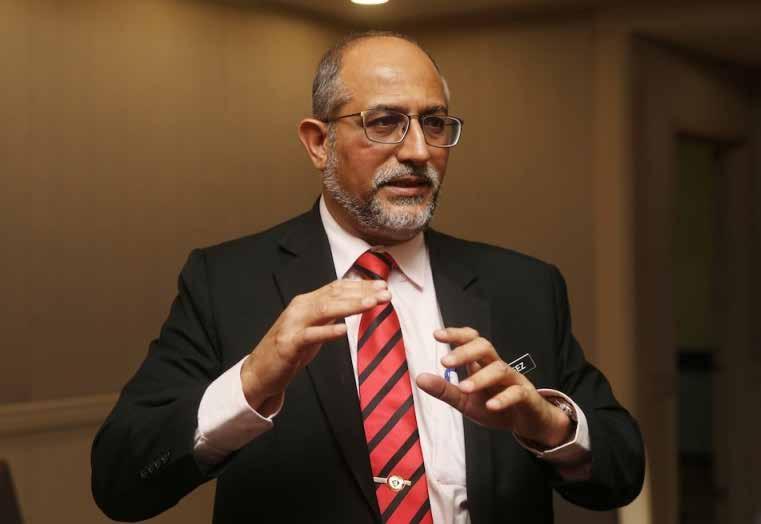
He urged local palm oil producers to take advantage of consumers’ positive response to palm tocotrienol as well as the rising preference for natural products or plant-based products.
Prevent chronic diseases with tocotrienol
Tocotrienol is a form of vitamin E found in palm oil, and consumption of tocotrienol supplements may help prevent high blood pressure, high cholesterol, arthritis, coronary heart disease, diabetes, kidney failure and heart failure.
The supplement can also be taken by adults with hectic lifestyles for general wellness.
“As an antioxidant, tocotrienol is more potent than tocopherol as they penetrate better into the cell membrane,” said Ahmad Parveez.
ASIA PALM OIL MAGAZINE | Oct-Dec 2023 12
Malaysian Palm Oil Board director-general Ahmad Parveez Ghulam Kadir urged local palm oil producers to take advantage of consumers’ positive response to palm tocotrienol as well as the rising preference for natural products or plant-based products. — Picture by Choo Choy May
He added that currently, there are at least six tocotrienol brands that are manufactured locally, with products ranging from supplement capsules, cereals and skincare, among others.
Tocotrienol is already registered and recognized as a general health supplement by Malaysia’s National Pharmaceutical Regulatory Agency.
After obtaining the United States Food and Drug Administration’s Generally Recognized as Safe (GRAS) status back in 2010 and being gazette as a food additive in Malaysia, tocotrienol can be incorporated into food products, as classified by the Ministry of Health (MoH).
In May this year, the MPOB announced that palm TocotrienolRich Fraction (TRF) has been classified as an additional nutrient allowed for food products.
Chairman Mohamad Helmy Othman Basha said the MoH approved the certification after rigorous technical reviews, backed by the latest evidence from clinical and population studies.

“This nutrient claim can be used for food products that contain at least 10 milligrams of TRF per 100 milliliters for liquid food, or containing at least 10 milligrams of TRF per 100 grammes for solid food,” he said.
KLK committed to ensuring evidence-based benefits
“Being allowed to highlight a nutrient claim on the product label provides more incentive for local food manufacturers to formulate with tocotrienol, leading to more tocotrienolenriched products on the market,” said Kuala Lumpur Kepong Bhd (KLK) chief executive officer, Tan Sri Lee Oi Hian.
The move would also help to raise tocotrienol’s profile and increase consumers’ awareness about its health benefits, he said.
The awareness campaign is a continuous effort, said Lee, who also emphasized the importance of clinical and population studies to prove tocotrienol’s health benefits.
“As a key manufacturer of this ingredient, we are committed to ensuring evidence-based benefits and have invested heavily in conducting clinical trials.
“We have recently published clinical trial data which showed that tocotrienol supplements help to improve attention span and memory capabilities in healthy young adults,” he said.
Aside from the rising consumers’ affinity for natural and plantbased products, another key consumer trend is sustainability, and one of the most notable advantages of the oil palm is that it is a zero-waste crop — the entire tree can be processed into a wide range of products.
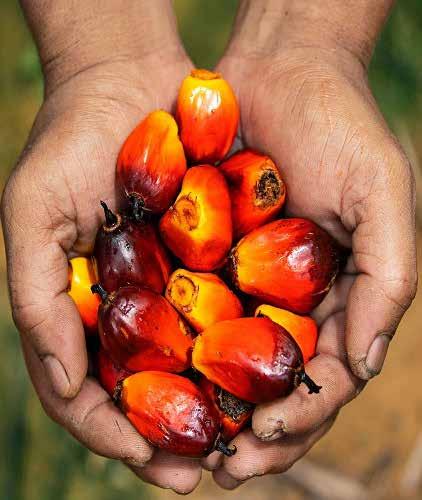
“As a leading plantation company, our supply chain is fully integrated with the plantation to ensure consistent and quality supply of feedstock for our tocotrienol manufacturing,” he said.
Davos Life Science Sdn Bhd, part of the KLK group of companies, is one of the world’s major tocotrienol manufacturers, bringing out the natural goodness of palm oil, amplifying its potency and delivering it to consumers.
“KLK is fully committed to ensuring sustainability practices in everything we do. We want to build a sustainable future to ensure the well-being of present and future generations,” said Lee.
ASIA PALM OIL MAGAZINE | Oct-Dec 2023
Source: www.malaymail.com
Stakeholders Empower Tawau Oil Palm Smallholders through Agroforestry
Smallholders of the Ulu Kalumpang Agricultural Scheme (UKAS) will enjoy more fruits from their oil palm land.
Through a collaboration among Sabah Forestry Department, Agriculture department, Universiti Malaysia Sabah, Forever Sabah and WWF-Malaysia, the Ulu Kalumpang Community River Riparian Restoration Project adopts a comprehensive approach to revitalize smallholder oil palm practices through innovative agroforestry.
Other stakeholders include industry players such as Unilever, Sawit Kinabalu Sdn Bhd., and Integrated Wood Processing Sdn. Bhd.
“This project showcases our joint dedication to inclusive conservation and human well-being.

“By pooling our strengths, we can truly make a positive impact on the environment and people’s lives,” he said in a statement.
Agroforestry is part of the activity implemented by the WWFMalaysia’s Sabah Landscapes Program to support restoration and improve landscape diversity.
Faisal added there was a need for policies for incentives for agriculture that conserves biodiversity and provides equitable and safe food by shifting from monocropping to diverse agroforestry, combining crops, livestock, and trees.
By setting land targets, this approach reduces chemical dependency and maintains natural processes.
Agroforestry, mimicking forests, combines agriculture and forestry practices to enhance landscapes, encompassing timber trees, plant diversity, indigenous fruits, and livestock.
A significant step in this direction is encouraging the establishment of community tree seedling nurseries to support the long-term effort of forest restoration within the TawauKunak landscape.

The initiative begins with a pilot project to restore 10 hectares of mixed oil palm area and degraded area of Sg. Mantri, a tributary to the major river Sungai Kalumpang.
The project kickstarted on Aug 28, aligns with Roundtable on Sustainable Palm Oil’s (RSPO) riparian zone buffer requirements, ensuring ecological protection along water bodies.
The Ulu Kalumpang Forest Reserve plays a crucial role as a water catchment for the Tawau, Kunak and Semporna districts.
WWF-Malaysia Sabah Landscapes Program (Restore) lead Dr Faisal Mohd Noor said agroforestry has immense potential in aligning agriculture and environmental preservation including creating resilient communities and landscapes towards climate change.
This not only offers an extra source of income but also fosters a feeling of ownership and dedication towards the ongoing restoration project. Moreover, it supports state timber production through community engagement on farms rather than relying heavily on reserve forests.
UKAS currently has over 150 members consisting of local smallholders. A target of up to 10,000 tree seedlings will be planted along Sg. Mantri and Sg. Melati by the end of 2023.
Smallholders can anticipate non-timber forest products (NTFP) harvests within a span of 3 to 5 years, establishing a lasting tree cover along the river.
This includes indigenous fruit tree species such as durian dalit, durian sukang, tarap, nangka, chempedak, duku, mangga wani and belunu.
ASIA PALM OIL MAGAZINE | Oct-Dec 2023 14
Source: www.nst.com.my
The Ulu Kalumpang Forest Reserve plays a crucial role as a water catchment for the Tawau, Kunak and Semporna districts. -WWFMALAYSIA/MAZIDI ABD GHANI





























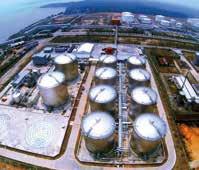





























Sabah Earns RM6.22b from Crude Palm Oil Tax From 2018, Among Biggest Earners for State Coffers
The Sabah state government said today it has collected some RM6.22 billion in sales tax from its crude palm oil industry from 2018 to this year.
State finance assistant minister Datuk Julita Mojungki said the income from the State Sales Tax (SST) on crude palm oil was among the biggest earners for the state at 22 per cent of the overall revenue last year.
In 2018, the state collected some RM845.36 million followed by RM 789.58 mil in 2019, RM 919.15 million in 2020, RM1.35 billion in 2021 and RM1.56 billion last year.
“This year, as of July, we have collected RM739.53 million. This makes our total collection some RM6.22 billion so far,” she said during the state assembly sitting.
“As one of the main contributors to state revenue, the revenue collected from the state sales tax on crude palm oil also greatly
contributes to the physical, economic, and social development for the general well-being of the people in this state,” she said
Mojungki said that the price does fluctuate as they are dependent on global market prices.
The sales tax on crude palm oil is imposed at a rate of 7.5 per cent.
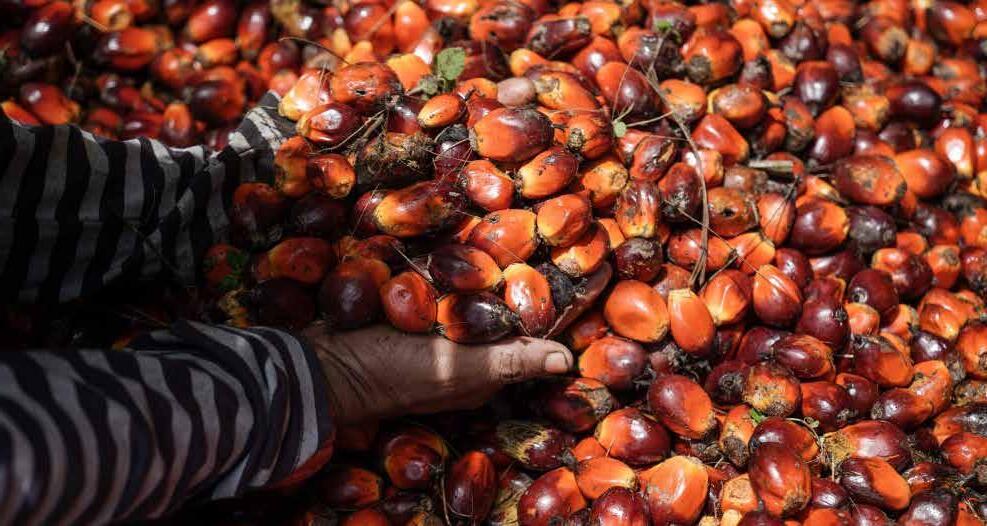
Meanwhile, Mojungki also told the House that some RM87.74 million has been spent on maintaining unsurfaced roads of 518.45km in oil palm plantation estates while a total of RM5.95 million has been spent on maintaining surfaced roads of 105.66km between 2018 to 2023.
Those roads cover the districts of Beaufort, Keningau, Kinabatangan, Kudat, Kunak, Lahad Datu, Semporna, Sandakan, Tawau and Telupid.
ASIA PALM OIL MAGAZINE | Oct-Dec 2023 16 INDUSTRY NEWS
Source: www.malaymail.com
State finance assistant minister Datuk Julita Mojungki said the income from the State Sales Tax (SST) on crude palm oil was among the biggest earners for the state at 22 per cent of the overall revenue last year. — Picture by Ahmad Zamzahuri
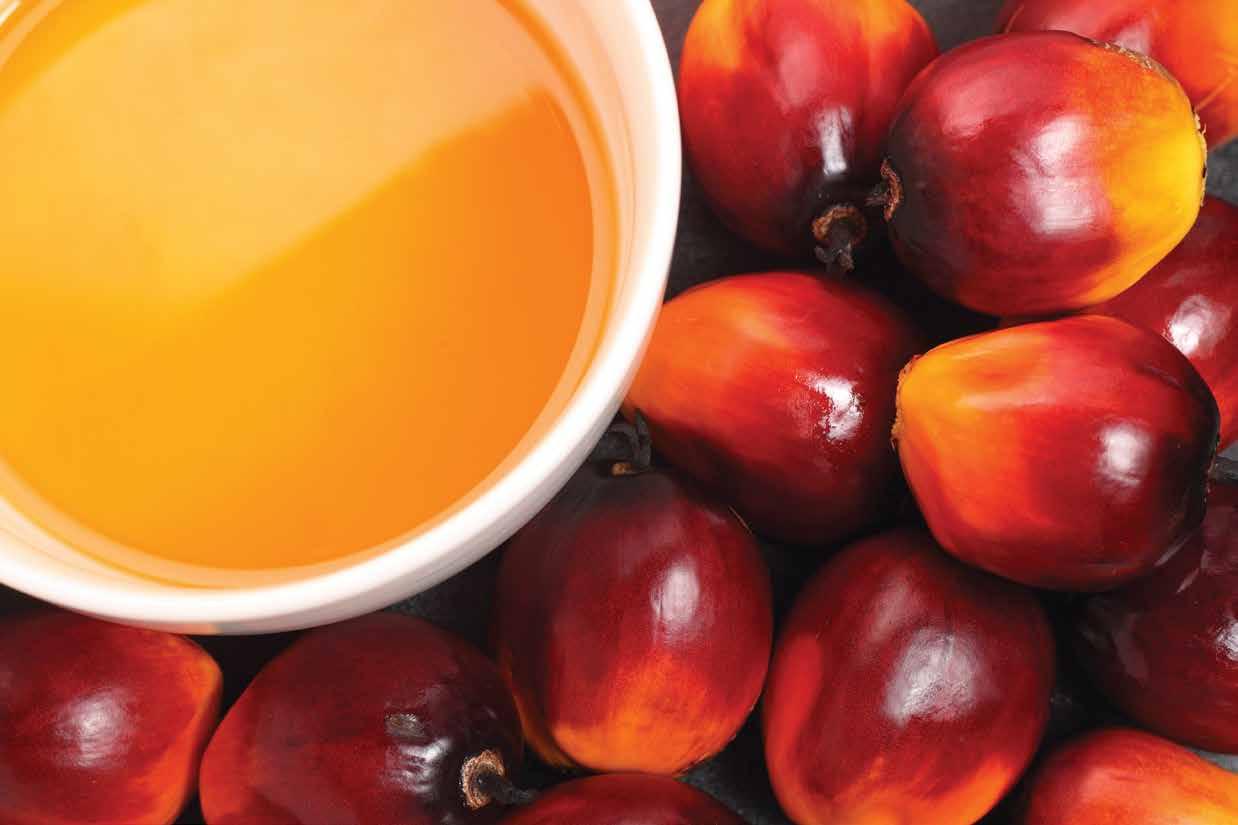
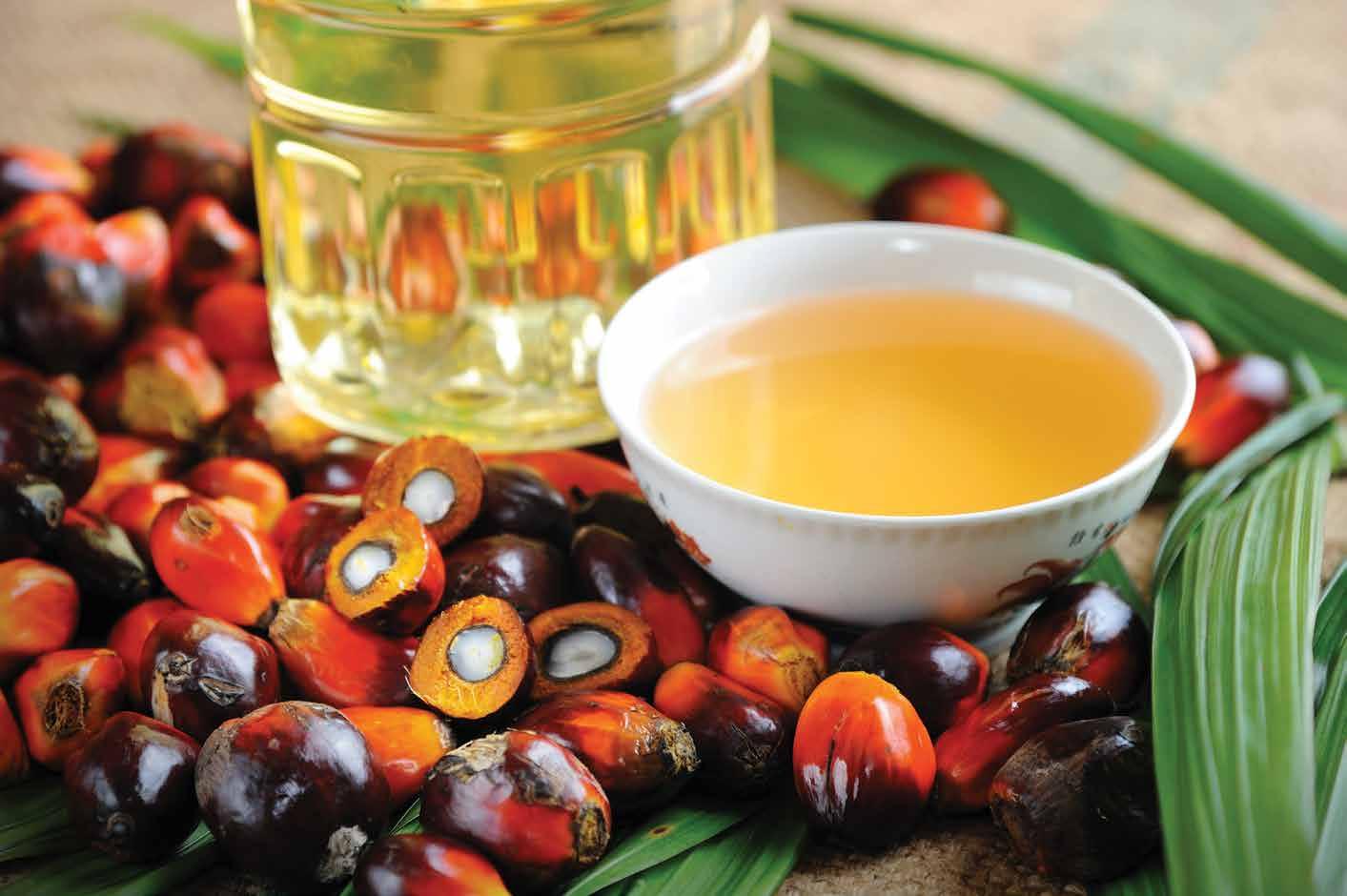

Boost Tech Usage in Oil Palm Industry to Cut Foreign Worker Reliance, Says Abang Jo
He said it was important for the industry to comply with environmental and sustainability standards for better market access.
In this light, he said Sarawak no longer permitted new development of large-scale oil palm plantations but allowed smallholders, particularly native customary rights landowners, to participate in the sector.
“We are aware of the question of sustainability and issues related to palm oil.

Sarawak’s oil palm industry should step up the use of technology to improve its sustainability and reduce dependence on foreign labour, says Tan Sri Abang Johari Tun Openg.
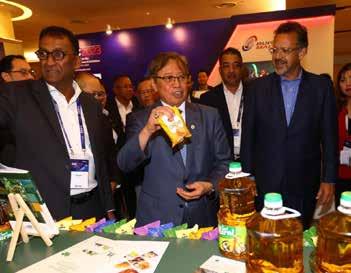
The Premier said labour shortage was an ongoing issue faced by the industry, which had been requesting foreign workers to be allowed in.
“Perhaps at this juncture, the industry has to look into mechanisation, particularly for harvesting.
“The industry has to do research on this, it cannot rely on foreign labour only,” he told a press conference after opening the East Malaysia palm and lauric oils price outlook conference and exhibition here on Sept 5.
Abang Johari said he had requested Swinburne University of Technology Sarawak Campus and the private sector to look into using artificial intelligence (AI) for oil palm harvesting.
He said AI sensors, for instance, could be used to detect ripe fruits ready for harvesting.
“As the economy migrates upwards, the technology has to follow and this will make the industry sustainable,” he said.
Abang Johari also said technology could be used to improve the management of plantations.
“For Sarawak, we are going for the green economy and therefore the industry has to adjust to the need of conserving the environment,” he said.
Abang Johari added that 98% of Sarawak’s oil palm smallholders were certified under the Malaysian Sustainable Palm Oil (MSPO) standard.
“I advise the industry to adjust to new technology and the environment so that you are able to position yourself in the market,” he said.
Organised by Bursa Malaysia, the two-day conference was held here for the first time after its inaugural edition in Kota Kinabalu last year.
ASIA PALM OIL MAGAZINE | Oct-Dec 2023 18 INDUSTRY NEWS Source: www.thestar.com.my
Customer:
Palm Oil Producer with excess fuel.
Challenge: Generate power for a factory far off the grid.
Result:
Elliott steam turbine generators produce reliable, renewable on-site electricity.



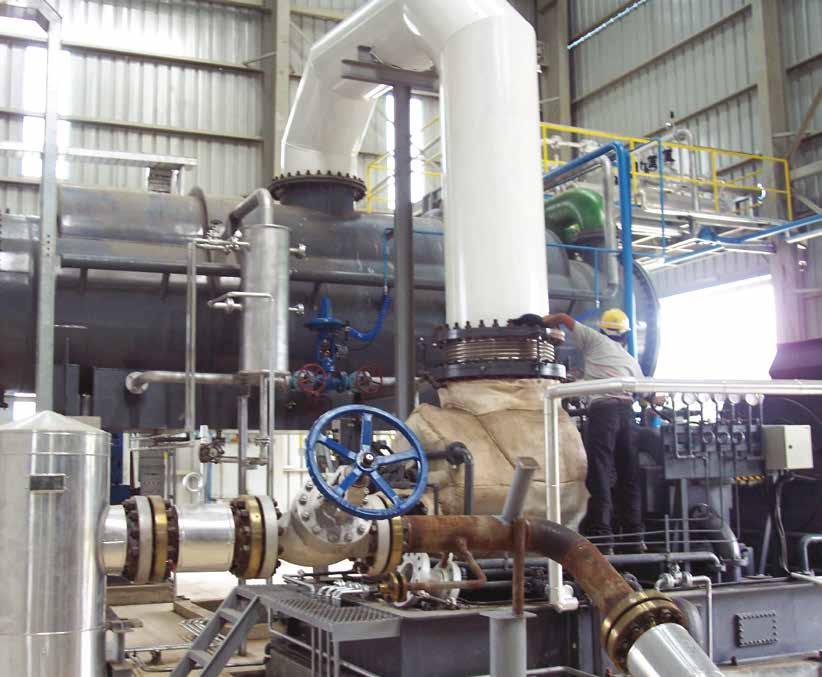
They turned to Elliott
to generate power and reduce their environmental footprint.
The customer turned to Elliott to develop a flexible energy plant for two palm oil mills using empty fruit bunches as fuel. Elliott’s steam turbine generators provide 7000 kWe of low-cost, clean, renewable electricity, enough to power the entire industrial estate. Who will you turn to?
The world turns to Elliott.
TURBINES n GLOBAL SERVICE www.elliott-turbo.com/Plant-Oils
COMPRESSORS n
Malaysia’s Palm Oil Sector to Benefit from UK’s CPTPP Entry - Analysts
Malaysia’s palm oil industry will be one of the sectors to benefit from the United Kingdom’s entry into the Comprehensive and Progressive Agreement for Trans-Pacific Partnership (CPTPP), an analyst said.
SPI Asset Management managing partner Stephen Innes said Malaysia has successfully sought Britain to cut its palm oil tariffs - currently ranging up to 12 per cent to nil - immediately on entering the pact; this should drive more exports to the UK.
Bilateral trade between the two countries exceeded US$7.3 billion (RM33.4 billion) in 2022 with the UK recording a trade surplus of some US$786 million (RM3.5 billion).
The Malaysian Palm Oil Board anticipates palm oil exports to increase by 3.7 per cent to 16.3 million tons in 2023 due to continuous demand from importing countries.
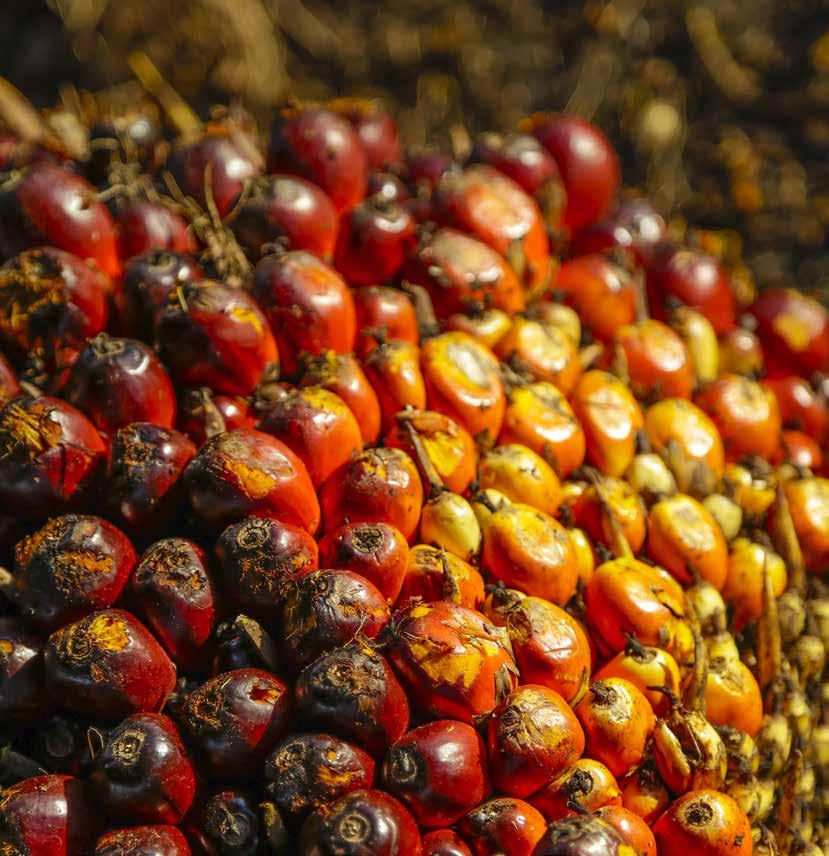
“Commodities like rubber (will benefit from the UK’s entry) and possibly an increase in edible fresh foods,” Innes told Bernama, adding that the UK is struggling post-Brexit and is now “operating on an island of its own.”
“The UK is not self-sufficient in food production; it imports 48 per cent of the total food consumed and the proportion is rising. Therefore, as a food-trading nation, the UK relies on imports,” Innes said.
Bank Muamalat Malaysia Bhd chief economist and social finance head Dr Mohd Afzanizam Abdul Rashid told Bernama that the Malaysia-UK relationship has always been cozy with regards investments. The Battersea Power Station project exemplifies how the two countries assisted and complemented each other to create value.
“Many Malaysians had their tertiary education in the UK. Therefore, CPTPP should help to promote two-way trade and
investment as the cost of doing business would be more costeffective post UK’s admission into the pact,” he added.
Mohd Afzanizam said the UK needs to be economically friendlier with the rest of the world as it “goes solo” because it needs to access raw materials and labor for production as well as foreign markets.
“The CPTPP offers greater exposure to the global economy and it could potentially involve China as it is also in the process to be part of the pact.
“While we remain uncertain how China would be admitted considering the existing friction with some member countries, the UK’s aspiration to be part of the club makes economic sense,” Mohd Afzanizam said.
The UK is the first European nation to join the bloc since it was created in 2018. The pact comprises fellow G7 members Canada and Japan, UK’s long-standing allies Australia and New Zealand, alongside Brunei, Chile, Malaysia, Mexico, Peru, Singapore and Vietnam.
“However, it is questionable how much this will benefit its economic growth. The UK is a big services economy, and that sector could have some export benefits. Still, I think it aligns better with the UK shoring up supply chains, which could lead to some domestic import cost benefits,” Innes said.
On whether the UK’s entry would be a bulwark against Chinese dominance in the region, he said that Western countries are looking to circumvent China’s supply of goods.
“The short answer is probably not so soon, but that will not stop them from rearranging large portions of the globalized economy and this a tall order,” Innes said.
ASIA PALM OIL MAGAZINE | Oct-Dec 2023 20 INDUSTRY NEWS
Source: www.thestar.com.my
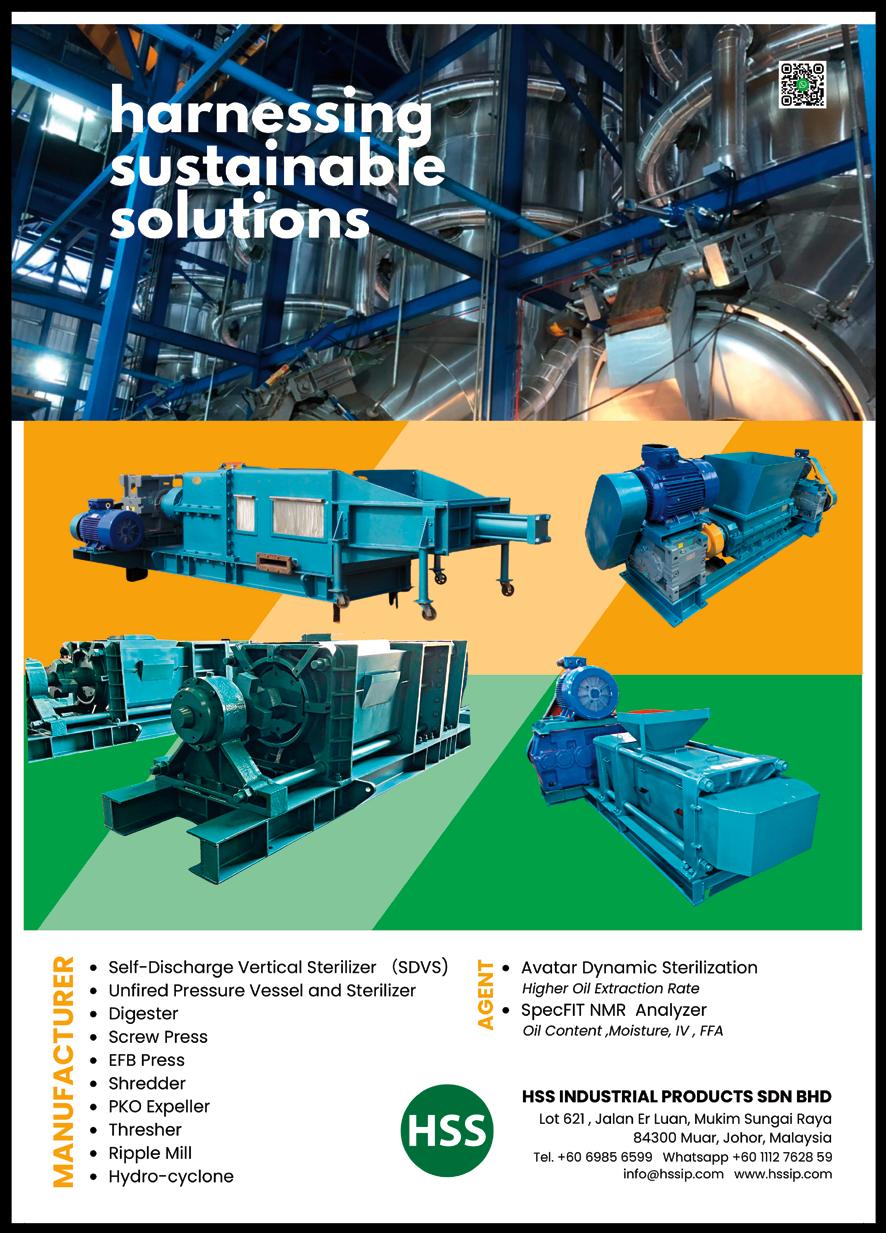
Nusantara Could Be ‘Double-Edged Sword’ For East Malaysia’s Oil Palm Plantations
Key industry experts say the upcoming development of Indonesia’s planned capital city, Nusantara, in Kalimantan could be a double-edged sword for East Malaysia’s palm oil sector.
In a panel session hosted at Bursa Malaysia’s East Malaysia Palm and Lauric Oils Price Outlook Conference and Exhibition 2023 (emPOC 2023), key palm oil industry stakeholders and experts discussed the challenges and opportunities in East Malaysia’s palm oil sector.
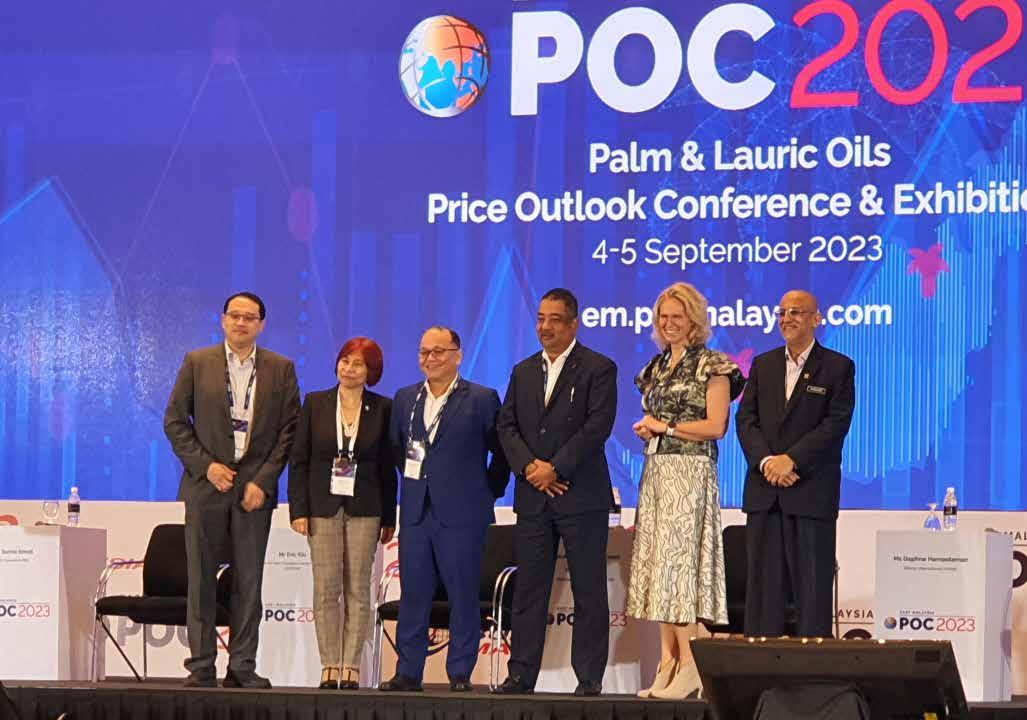
Kicking off the discussion on this topic, Malaysian Palm Oil Board (MPOB) Director General Datuk Dr Ahmad Parveez Ghulam Kadir highlighted his belief the arrival of a new Indonesian capital in Kalimantan would act as a catalyst for the region’s palm oil industry growth, especially in the areas of downstream products and its derivatives.
He pointed out that while the market in Nusantara will take some time to grow, its potential market size is far larger than Malaysia’s local market size, which presents an opportunity for local players to potentially capture through export or collaboration.
“I think we know what’s happening in Nusantara, and once they have developed more of a market there, we should try to find ways on how we can actually export some of our downstream products or we can see who are the main players there than we can collaborate with,” he asserted.
Expanding on this, he pointed out that there is still a lot of room for growth in the downstream segment in Sarawak and Sabah and that it was important that local players aim to produce high value downstream products. He noted that there are currently no oleochemical operations here in East Malaysia.
ASIA PALM OIL MAGAZINE | Oct-Dec 2023 22 INDUSTRY NEWS
(From left) Kiu, Surina, Webber, Bursa Malaysia’s derivatives market director Mohd Saleem Kader Bakas, Hameeteman, and Parveez during the panel session.
“For Sarawak especially, MPOB will be targeting to organize a transfer of technology seminar next year in hopes of encouraging more players to take an interest and participate in the downstream segment,” Parveez guided.
Touching on the topic of green technology, he shared that as Malaysia’s palm oil sector’s green technology and sustainability efforts are very advanced, it would also be a good opportunity for East Malaysia to participate in proposed Kalimantan Industrial Park Indonesia (KIPI) which is expected to become the largest green industrial area in the world.
Delving deeper into the impacts of Nusantara, Datuk Darrel Webber, founder of DWA Consulting, feared that Nusantara’s development could cause the future Indonesia capital city to become a sponge for labor in the Borneo region, further exacerbating the ongoing labor issues that the local palm oil sector faces.
But looking at the situation from a more optimistic view, he pointed out that stakeholders could instead see this potential pain point as an additional reason to further ramp up their efforts in solving the current labor shortage issues.
Joining in on the conversation, Dr Surina Ismail, group head of sustainability at IOI Corporation Bhd (IOI) highlighted that IOI’s stance on the issue is that they aim to address the issue by targeting more of the local labor force by changing the perception of palm oil related jobs being dirty, difficult and dangerous.
With advancements in technology and adoption of mechanized tasks, she guided that work in the palm oil sector nowadays was very different compared to what it was in the past and that she was confident that the sector would be able to attract the local labor force if its negative perceptions could be changed.
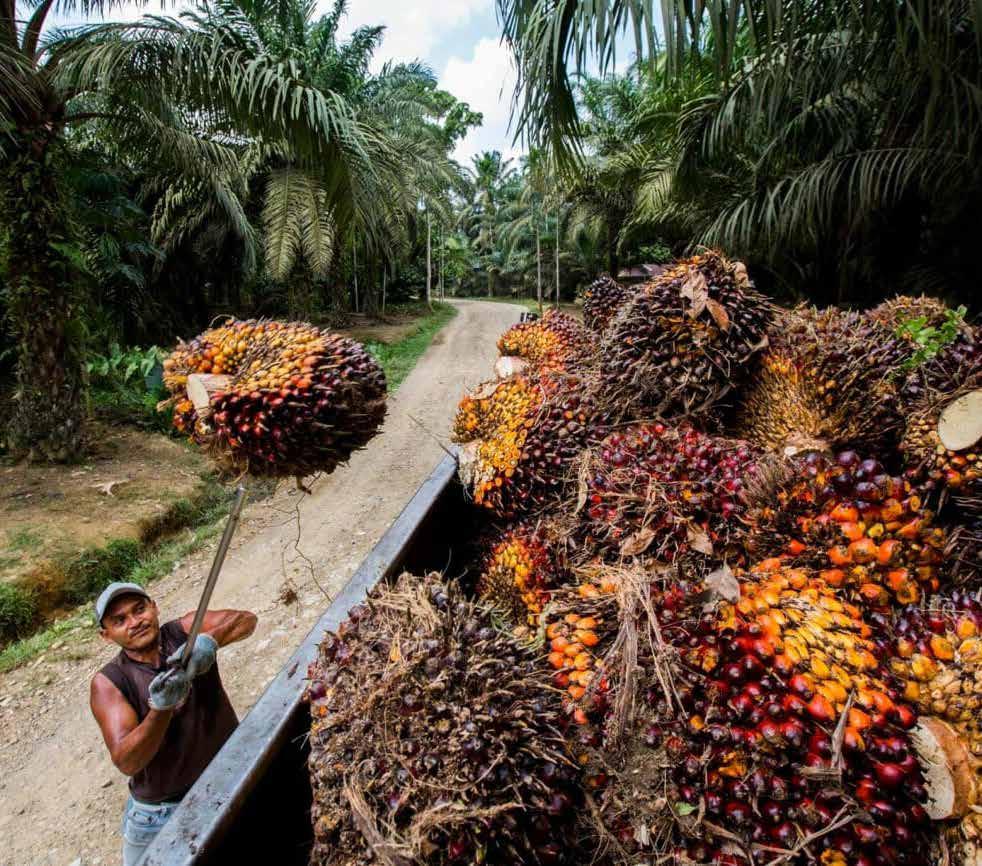
ASIA PALM OIL MAGAZINE | Oct-Dec 2023
Besides this, she added that another main focus should be on employee retention through employee centric incentives that will provide employees with more monetary incentive and better work and living standards.
Concurring with this, Daphne Hameeteman, General Manager for Sustainability at Wilmar International Ltd (Wilmar) believed that these incentives are not just about providing housing, clean water and safety for plantation workers but also about creating a ‘holistic work-life balance’ for them.
Advocating for the creation of well protected, connected and supplied communities in and around palm oil estates, Hameeteman believes that such spaces are necessary as it allows plantation workers to be able to provide their family members and dependents an environment where they are able to live and thrive in.
While the focus on better work conditions and arrangements will undoubtedly benefit the labor force within the palm oil industry, Sarawak Oil Palm Plantation Owners Association (SOPPOA) chairman Eric Kiu shared that he believed that this would only be a stopgap measure in the shorter-term if stakeholders did not also push themselves further in terms of adopting automation and mechanization in their operation.
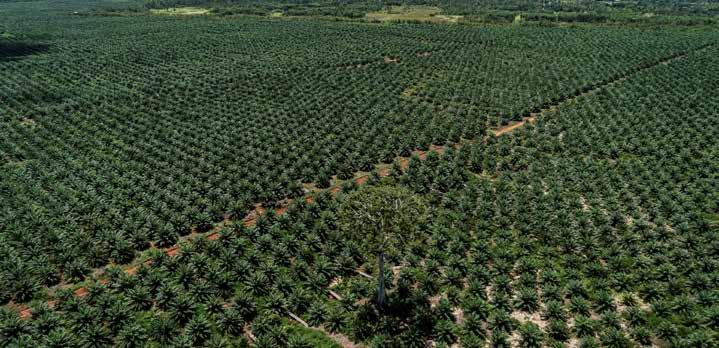

Sharing examples of mechanization in both the downstream and upstream sectors, Kiu detailed that he believes that in many ways, the industry on a whole is already quite mechanized and advocates that more industry players need to quickly adopt and capitalize on the existing available solutions.
However, in the longer-term he believes that the industry on the whole cannot be complacent with the current situation and instead continue to strive for more innovation and breakthrough in the field of automation and mechanization.
ASIA PALM OIL MAGAZINE | Oct-Dec 2023 24 INDUSTRY NEWS
Source: www.theborneopost.com




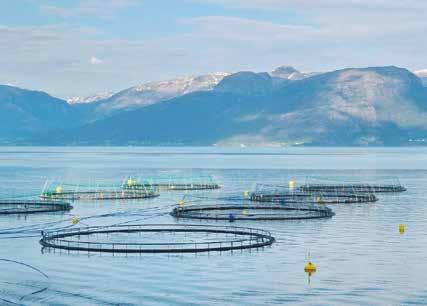

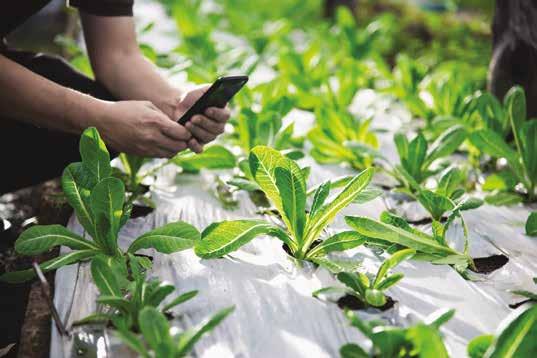



Robust CPO Price Signifies Resilience in Nation’s Palm Oil Industry, Says Bursa Chief
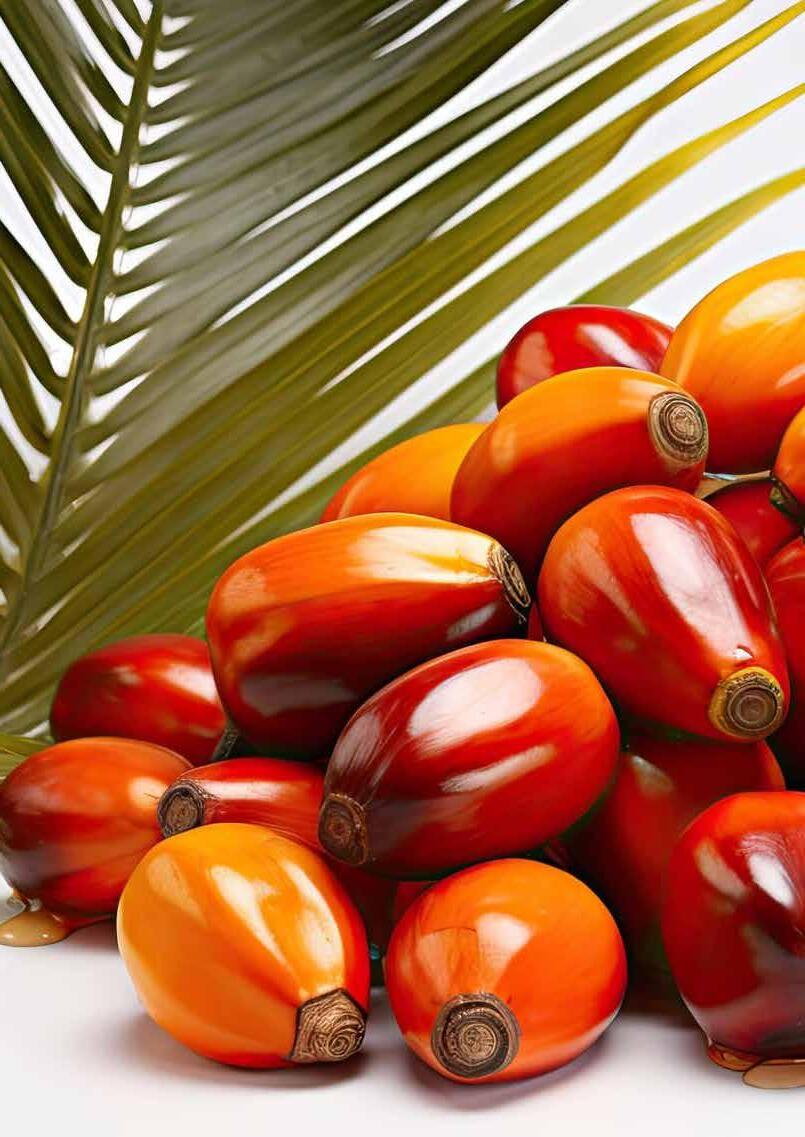
ASIA PALM OIL MAGAZINE | Oct-Dec 2023 26 INDUSTRY NEWS
The Malaysian palm oil industry had shown resilience in the first half of 2023, with benchmark crude palm oil (CPO) price standing robust at RM3,900 per metric tonne average throughout the year under review.
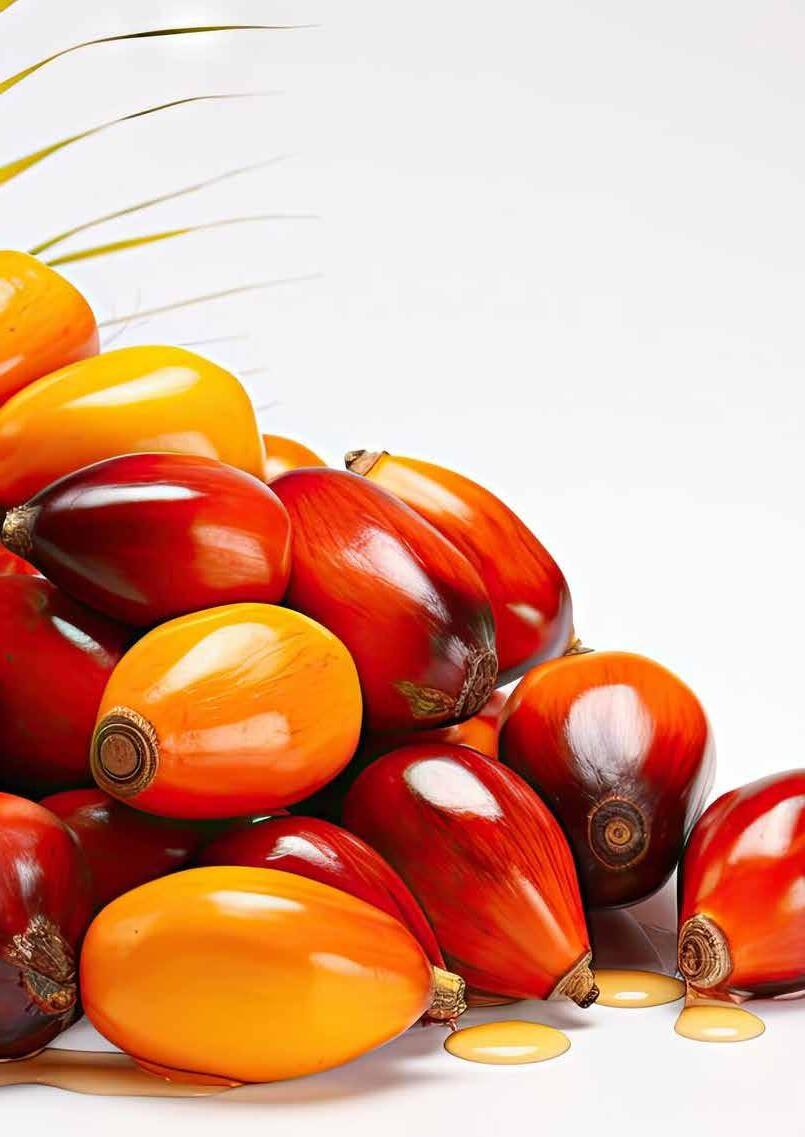
According to Bursa Malaysia Berhad chairman Tan Sri Abdul Wahid Omar, this demonstrated the industry’s adeptness at navigating challenges, while maintaining its competitive edge.
He said despite the looming El Nino phenomenon, which could affect production next year, the country’s estimated production of 19 million tonnes of palm oil this year might just surpass the 18.45 million tonnes recorded last year.
“This is further supported by the recent Malaysian Palm Oil Board (MPOB) report, which highlighted a 15.55 per cent rise in exports and 11.21 per cent surge in production in July, surpassing market expectations.
“Meanwhile, palm oil stocks at the end of July 2023 reached approximately 1.73 million metric tonnes, marking a third consecutive monthly increase as reported by the MPOB,” he said in his welcoming speech for the ‘Second East Malaysia Palm and Lauric Oils Price Outlook Conference and Exhibition’ (EMPOC) 2023 here yesterday, where Premier Datuk Patinggi Tan Sri Abang Johari Tun Openg officiated at the event.
On the global front, Abdul Wahid said the United Kingdom’s accession to the Comprehensive and Progressive Agreement for Trans-Pacific Partnership (CPTPP) in March 2023 carried strategic significance as the move opened the door to immense potential by eliminating tariffs on Malaysian palm oil imports, allowing industry players to capitalise on opportunities arising from expanded market access and increased exports to the United Kingdom and fellow CPTPP member countries.
Nevertheless, he cautioned market participants to remain vigilant in light of the increasingly unpredictable weather conditions, potential changes to global trade and environmental, social and governance (ESG) policies, as well as the ongoing geopolitical risks, all of which had the potential to significantly impact the palm oil trade.
“Looking ahead, the exchange-traded derivatives will continue to play a pivotal role by providing commodities producers and consumers with the essential tools to manage price risk and protect portfolio values, especially during periods of market volatility.
ASIA PALM OIL MAGAZINE | Oct-Dec 2023
“Particularly significant within sectors like agriculture, where prices are susceptible to swift fluctuations due to variables such as weather conditions and geopolitical events, the derivative products enable producers to lock in future prices for their goods, ensuring revenue stability,” he added.
According to Abdul Wahid, the well-established Crude Palm Oil Futures (FCPO) contract offered by Bursa Malaysia Derivatives plays a significant role in providing liquidity and transparency via an exchange-traded marketplace.
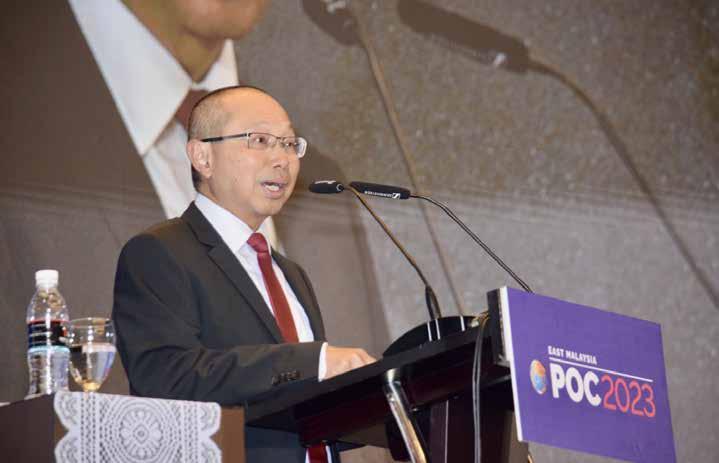
The FCPO offers standardised contracts and access to historical data, all of which contribute to supporting well-informed decision-making among market participants.
“Being the global price benchmark for the crude palm oil market has resulted in Bursa Malaysia Derivatives’ notable performance, with a total of 19.1 million contracts traded across all products in 2022, marking a 3.8 per cent year-on-year increase.
“The trading volume of the global benchmark FCPO, on the other hand, reached an exceptional 16.2 million contracts during the same period, surpassing previous record highs,” he said.
More recently, Abdul Wahid noted that the exchange achieved a new high for its T+1 After-Hours or Night Trading Session, at a volume of 21,210 contracts traded on Aug 24 this year, surpassing the previous high of 19,065 contracts on Dec 1, 2022.
“Most of these after-hours trading was for the FCPO contract. This highlights the importance of the T+1 Trading Session in offering market participants the flexibility to manage price risks during the US and the EU (European Union) market hours,” he said.
Abdul Wahid also said these results earned Bursa Malaysia Derivatives the recognition of ‘Exchange of the Year for Commodities’ and ‘Exchange of the Year for Sustainability’ at the FOW Asia Capital Markets Awards 2022.
“While these accolades affirm our position as a leading commodities marketplace in Asean, with ‘green offerings’, we remain dedicated to the progress and pursuing developments that could open up more opportunities for investors and traders.
“This commitment is very much aligned with our mission of ‘creating opportunities and growing value’,” he added.
ASIA PALM OIL MAGAZINE | Oct-Dec 2023 28 INDUSTRY NEWS
Source: www.theborneopost.com
Abdul Wahid delivers his speech at EMPOC 2023. — Photo by Roystein Emmor
Clean Energy for A Better Future
As a palm oil plantation and palm oil mill owner, you understand the importance of sustainable practices. That's why we are proud to offer a complete biomass energy generation solutions that are both eco-friendly and cost-effective. Our services include customizing, fabricating and servicing steam turbines, oil room equipment, kernel crushing plants, and biomass pallets.
We are committed to providing clean energy for a better future, and we believe that our solutions can help you achieve your sustainability goals. By choosing our services, you can reduce your carbon footprint, improving efficiency, reducing waste and increase your profitability.
Our unique selling proposition is that we are one of the largest player in the industry providing sustainable biomass energy generation solutions.
To learn more about our services and how we can help you achieve your sustainability goals, please visit our website or contact us today by scanning the barcode.

Together, we can create a better future for our planet and future generations.
Steam Turbine
• Single / Multi Stage
- Back Pressure Turbine
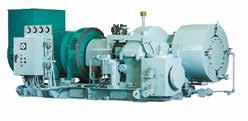
• Multi Stage
- Full Condensing / Extraction Condensing
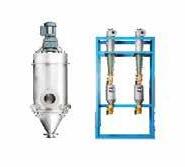
Oil Room Equipment and Parts
• Rotary Brush Strainer
• Automatic Desanding Cyclone System

• Circular Vibro Separator
• Specialised In Replacement Parts
• Decanter
• Separator (High Speed)

• Purifier
• Bowl Disc
Kernel Crushing Plant

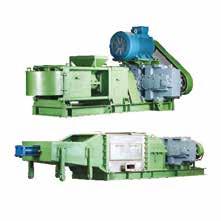
• Palm Kernel Oil Machine
• Palm Kernel Oil Filter
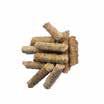


• KCP Dust Collecting System
• KCP Monitoring System
• Screw Press
Biomass Pellet Plant
• Biomass Palleting Plant
• Biomass Fuel

• Drying System
• Auxiliaries Equipment
WASCO AGROTECH SDN BHD (Formerly Known As PMT Industries Sdn Bhd) Lot 1929, Jalan Bukit Kemuning, Seksyen 32 40460 Shah Alam, Selangor Darul Ehsan, Malaysia www.wascoenergy.com watenguiry@wascoenergy.com +603 5525 7599 +603 5525 7555 T F E W
India’s Top Palm Oil Buyer Expects 26% Jump in Imports to Record 10 Million Tonnes
COVID-19 on the previous two years, he said.
“We are expecting a growth 2%-4% in this year’s consumption,” he said.
India fulfils more than two-third of its edible oil requirement through imports.
A consumption revival would also see higher sunflower oil imports in the current year, raising the total imports of edible oils by 18% to a record 16.5 million tonnes, said Rajesh Patel, managing partner at GGN Research, an edible oil trader and broker.
India’s palm oil imports are set to jump 26% to a record high in the 2022/23 year ending on Oct. 31, as a recovery in consumption and competitive prices prompt refiners to increase purchases, the country’s top palm oil buyer told Reuters.
Higher purchases by the world’s biggest importer of palm oil could help to lower inventories in top producing Indonesia and Malaysia and support benchmark futures.

“Refiners are increasing their purchases for the upcoming festivals. We could see imports of around 1.8 million metric tonnes in the next two months,” said Sanjeev Asthana, chief executive officer at Patanjali Foods Ltd (PAFO.NS).
If India imports 1.8 million tonnes in the next two months, the total shipments for the 2022/23 marketing year ending on Oct. 31 would be 10 million tonnes, surpassing the previous high of 9.5 million tonnes made in 2014/15, he said.
In the first 10 months of 2022/23, India imported 14 million tonnes of edible oils, consisting of 8.2 million tonnes of palm oil, 3.2 million tonnes of soy oil and 2.5 million tonnes of sunflower oil, dealers estimate
India’s edible oil consumption has been subdued in the past three years, with record-high prices weighing on 2022 use and
Sunflower oil imports could jump 44% from a year earlier to a record 2.8 million tons as the oil was cheaper than soy oil, he said.
Soy oil imports could fall 11% from last year’s record high of 4.1 million tonnes to 3.7 million tonnes this year, he added.
India buys palm oil mainly from Indonesia, Malaysia and Thailand, while it imports soy oil and sunflower oil from Argentina, Brazil, Russia and Ukraine.
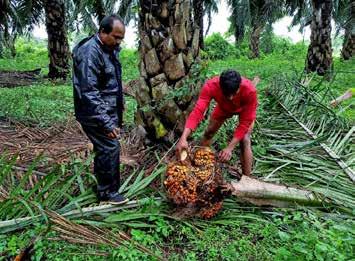
ASIA PALM OIL MAGAZINE | Oct-Dec 2023 30 INTERNATIONAL NEWS
Source: www.reuters.com
A worker checks a fresh fruit bunch of oil palm during harvest at a palm oil plantation in Khammam district in southern state of Telangana, India, July 12, 2022. REUTERS/Rajendra Jadhav/File Photo Acquire Licensing Rights
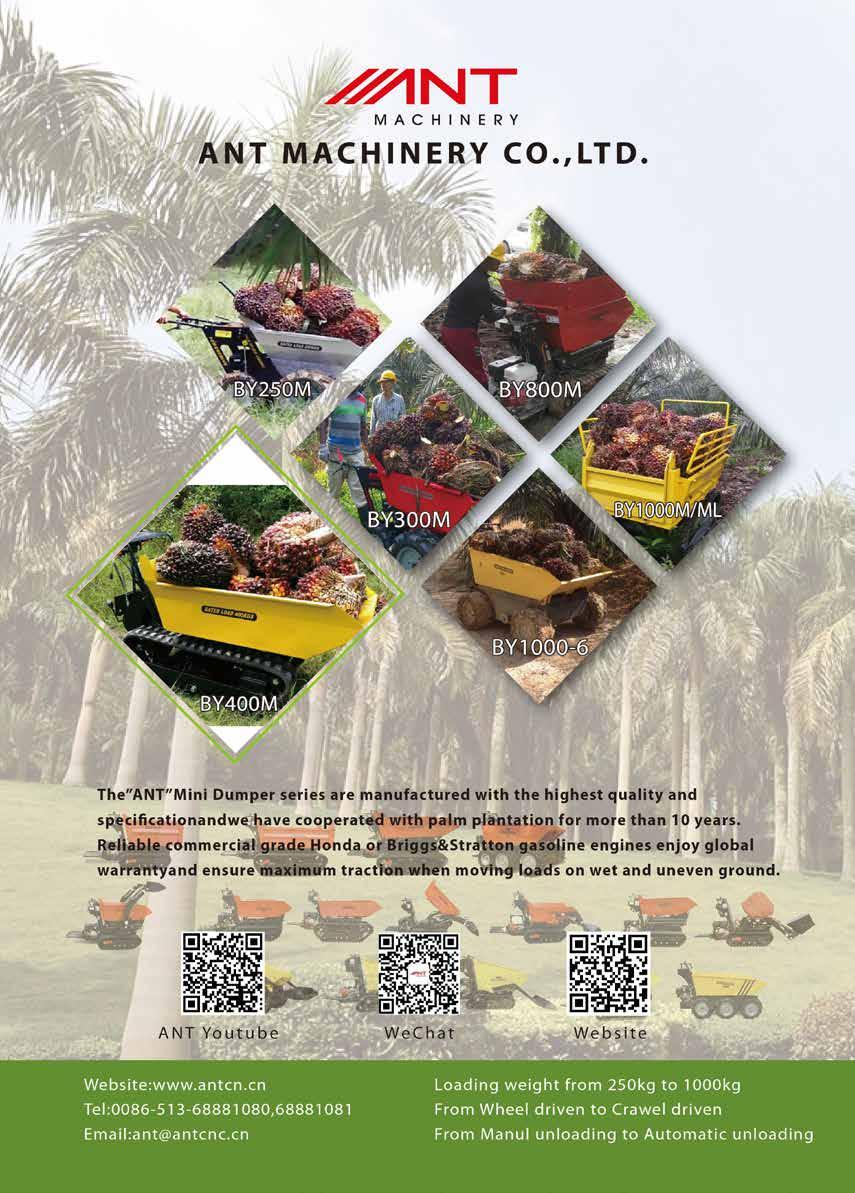
Curtin Malaysia Student’s Video on Innovation, Sustainability for Palm Oil Wins Competition
Yiek Siew Teck, a third-year chemical engineering student of Curtin University Malaysia (Curtin Malaysia) was recently announced as winner of the POPSIG-KLK Palm Oil Video competition.
The video eloquently depicted the future of the palm oil industry, combining innovation and sustainable practices to meet the increasing demand of the commodity.
Yiek walked away with a cash prize of RM3,000 sponsored by KLK Oleo. Two other winners in the competition were from Xiamen University Malaysia, and Universiti Malaya.
His video titled ‘Tomorrow’s Green Gold: The Palm Oil Process Plant of the Future’ effectively communicated the potential of advanced technology in revolutionizing palm oil extraction and processing methods, improving efficiency, and reducing the industry’s impact on the environment.

“Palm oil is an essential ingredient found in numerous everyday products but its production is often associated with deforestation, habitat destruction, and biodiversity loss.
“I wanted to address these concerns in my video, to educate people about the real situation, and empower them to make responsible choices to ensure the environmental, social, and economic well-being of palm oil-producing regions,” said Yiek.
Held by the IChemE Palm Oil Processing Special Interest Group (Popsig), the competition served as a platform for engineering talents to showcase their innovative ideas and perspectives on the palm oil industry.
It encouraged participants to emphasize the importance of sustainable practices, biodiversity conservation, and advanced technologies for a promising future in palm oil processing.
According to a press release by the university, Yiek’s winning video garnered accolades for showcasing the potential of advanced technology in the palm oil industry while highlighting biodiversity and sustainable practices.
The three academic advisors to the Curtin Malaysia IChemE Student Chapter – Dr Tan Yie Hua, Dr Angnes Tiong Ngieng Tze, and Assoc Prof Bridgid Chin Lai Fui from Curtin Malaysia’s Department of Chemical and Energy Engineering – all remarked that they were proud of Yiek’s achievement.
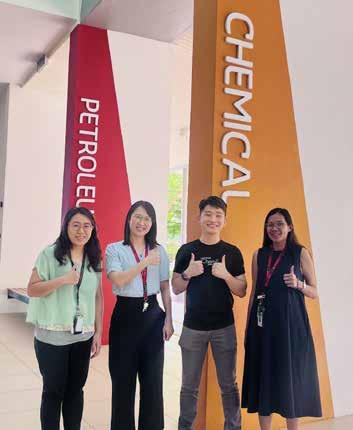
“We congratulate Siew Teck on the outstanding achievement. His video serves as an inspiration for the industry as we work towards finding effective and sustainable solutions for the palm oil sector,” said Tan.
Chin meanwhile said Yiek’s win not only highlights the talent and dedication of Curtin Malaysia’s students but also underscores the university’s commitment to cultivating future leaders who will contribute to the sustainable growth of industries such as the palm oil sector.
ASIA PALM OIL MAGAZINE | Oct-Dec 2023 32 GREEN SOLUTIONS
Yiek (third left) with (from left) Chin, Tiong, and Tan pose for a group photo.
Source: www.theborneopost.com
Don’t be surprised by unexpected corrosion in your palm oil production. Secure your equipment’s service life with Hardox® HiAce. This Hardox® steel grade is developed specifically for acidic and corrosive wear environments. Hardox® HiAce can extend service life by up to 3 times compared to a conventional AR400 steel. Learn more at www.hardox.com
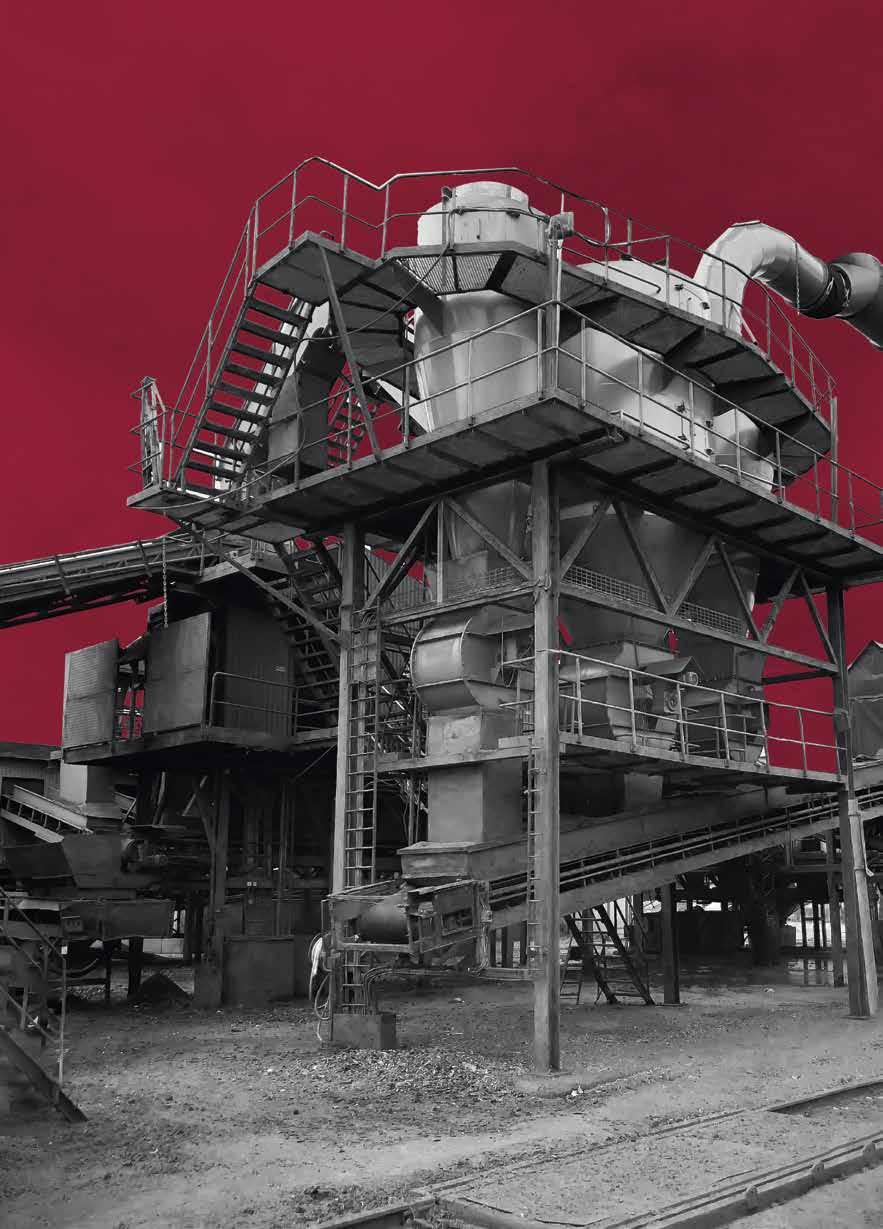
John Kuan, Area Sales Manager SSAB Malaysia & South East Asia +6019
Or
Contact Mr
754 3928
Email: john.kuan@ssab.com
IPB Researches Look into Palm Waste Fabric
Researchers at IPB University in Bogor, West Java, are looking into turning empty palm fruit bunch waste into threads with economic value for the fashion and creative industries.
Siti Nikatin, one of the researchers, said the biomass could be turned into valuable biomaterial for use in shoes, bags and hats, among other products.
“It is environmentally friendly and low-emission, but it is also produced without [harmful] chemicals, which should make it economic and competitive in the market,” Siti told The Jakarta Post on Monday.
She also said the biomaterial could help ease the import of cotton by the Indonesian industries.
Empty fruit bunch (EFB) is a biomass created during the palm oil production process. As fresh fruit bunches are turned into oil in the mill, wastes primarily in the form of EFB are produced, amounting to around 20 to 25 percent weight per weight.
Manufacturers have been looking for alternative uses of the EFB and have increasingly used it as fuel. EFB commonly has a high moisture content, which lowers the combustion temperature and reduces energy efficiency.
Researchers around the world have also started to extract fibers from oil palm parts, including EFB, for use in making hard board-like items, such as a pallet.
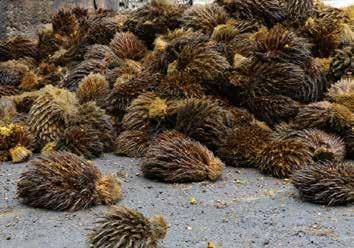
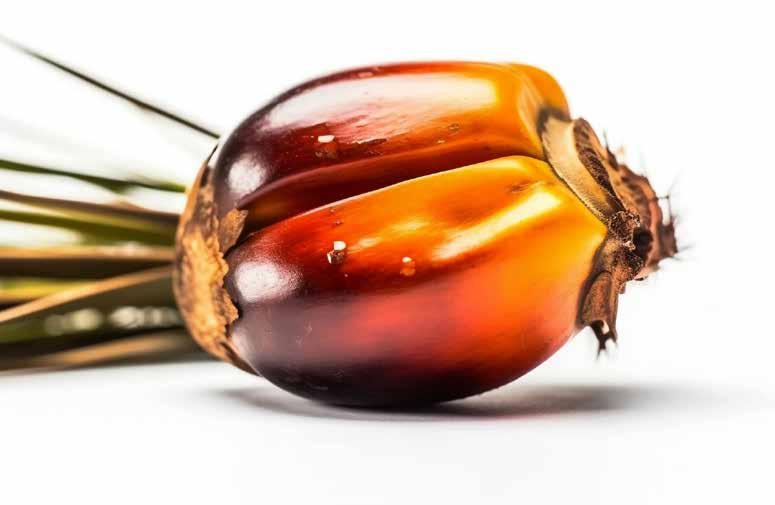
ASIA PALM OIL MAGAZINE | Oct-Dec 2023 34 GREEN SOLUTIONS
Source: www.thejakartapost.com
IPB researchers look into palm waste fabric Empty fruit bunches, the byproducts of oil palm fruit processing, are seen this stock photo.
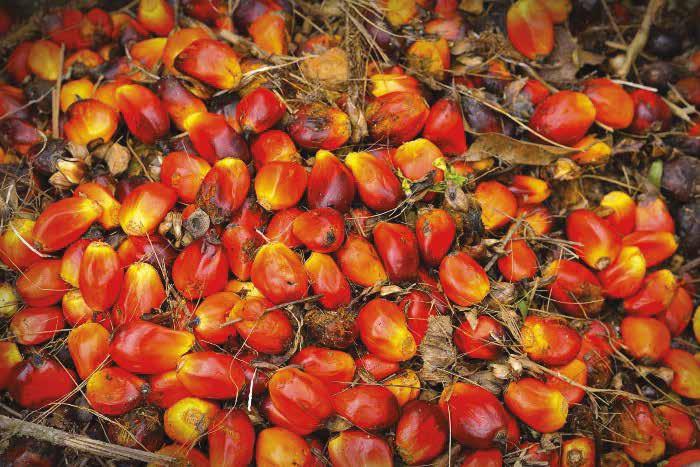
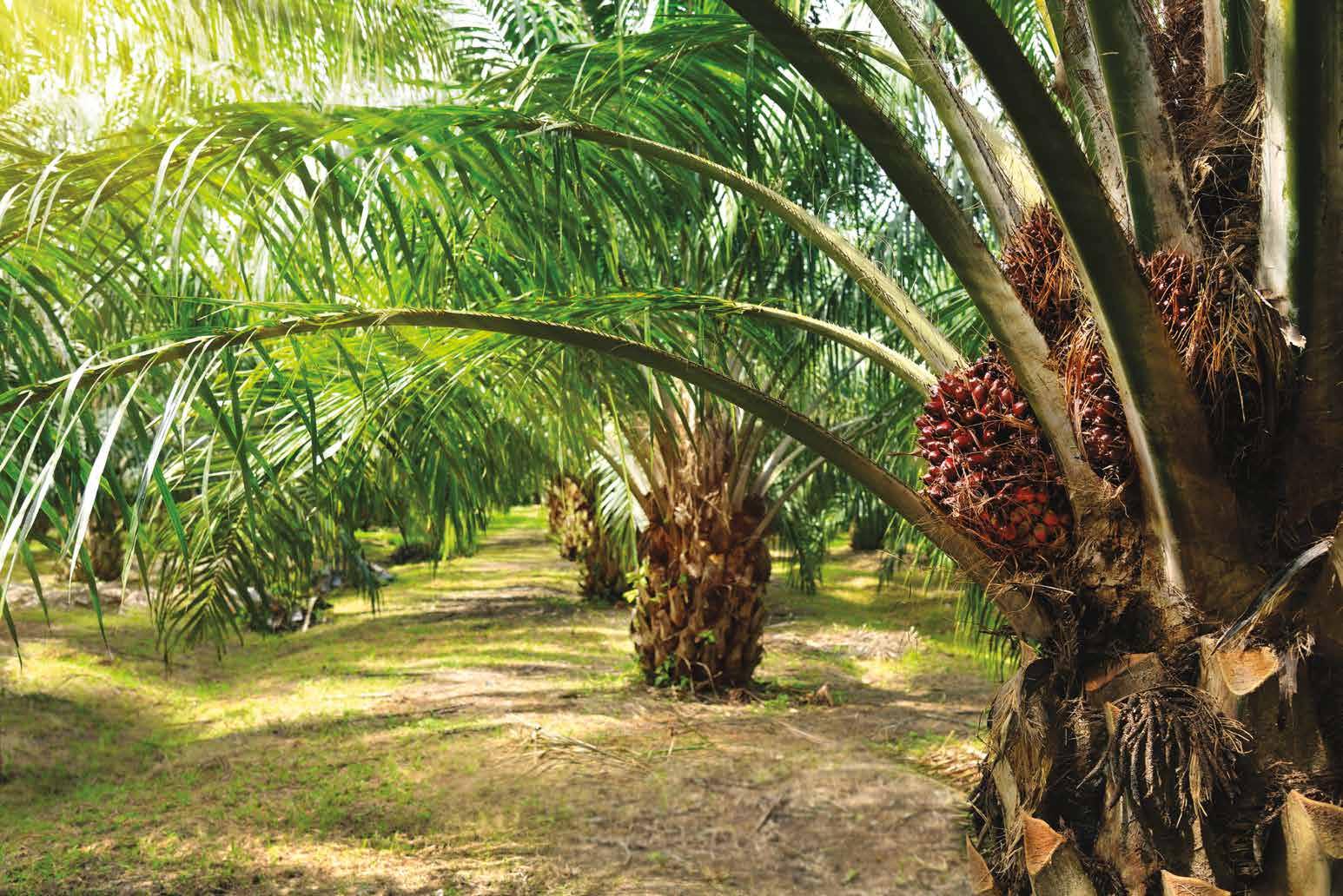



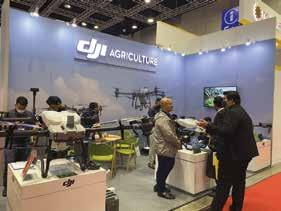
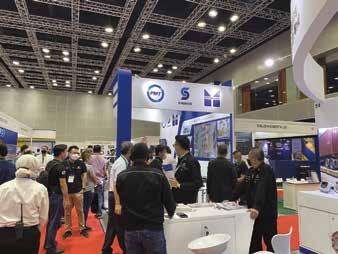

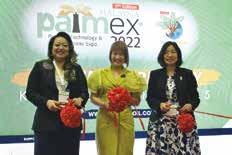
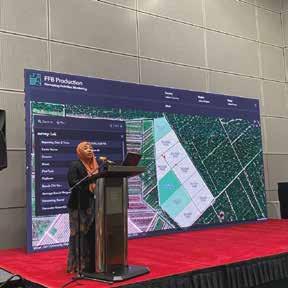


MPOB, PETRONAS to Study Production Using Cooking Oil, Palm Wastes
The Malaysian Palm Oil Board (MPOB) and Petroliam Nasional Bhd (Petronas) are collaborating to conduct a study on the production of sustainable aviation fuel (SAF) with used cooking oil and palm wastes as the main raw materials.
MPOB said the study is in line with the National Energy Policy 2022 - 2040 to reduce carbon emissions and make the energy sector a catalyst for the nation’s socioeconomic development.
“The production of SAF by recycling used cooking oil and palm waste materials such as palm oil mill effluents (POME) is in line with one of the concepts of the Madani Economy that promote Green Technology.
“The oil palm industry is an example of the success of the
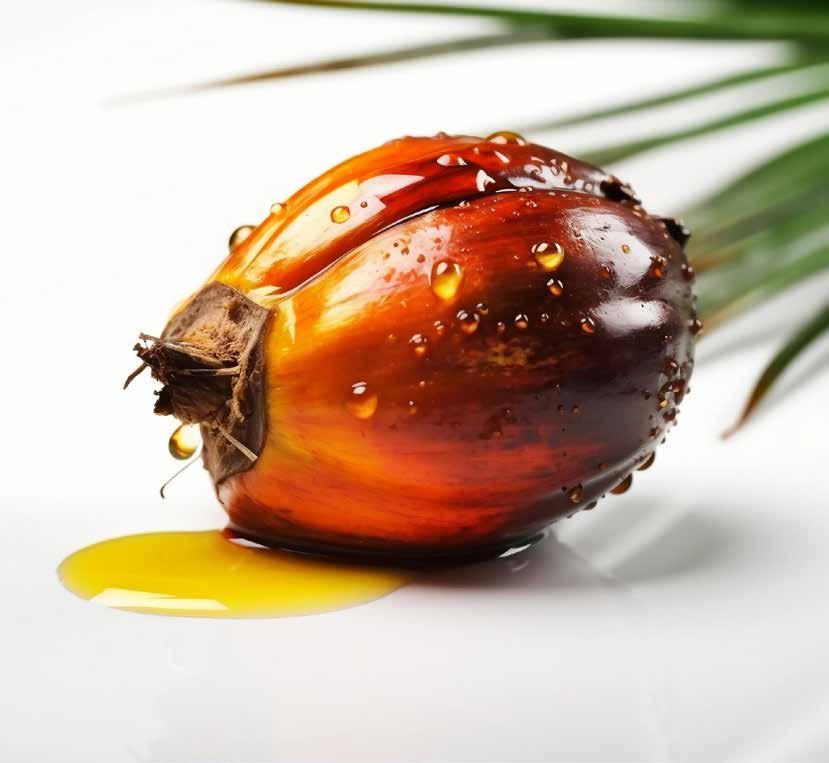
circular economy, which is based on the concept of eliminating wastes, recycling products and preserving the environment,” said director-general Datuk Dr Ahmad Parveez Ghulam Kadir in a statement today.
The MPOB and Petronas will also jointly develop a framework which includes formulating communication, education and public awareness strategies about the importance of recycling and reducing waste.
For example, in the oil palm industry, palm wastes such as palm fronds are processed to produce animal feed, palm trunks are used to make composite boards, POME can be processed to produce fertilizers and phenolic extracts, while sludge oil can be used for biodiesel production.
ASIA PALM OIL MAGAZINE | Oct-Dec 2023 36 GREEN SOLUTIONS
Source: www.thestar.com.my













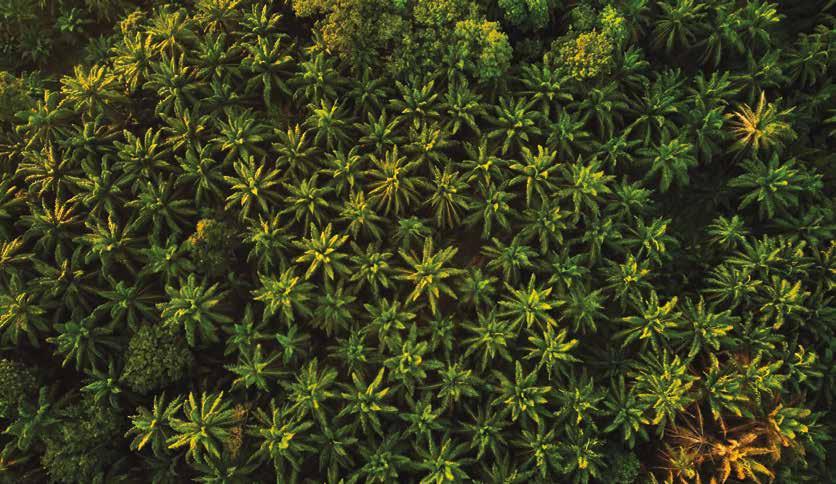
Brought To You By : Endorsed and Suppor ted By : J oi n t h e Wo rld' s L a rg e s t Pal m O il Even t a t t h e H ea r t of t h e I n d us t r y ! 10th INDONESIA INTERNATIONAL P A LM O I L C O N F E R ENCE 202 4 Incorporating : 2024 Santika Premiere Dyandra Hotel & Convention Medan - Indonesia 09 - 11 OCTOBER 2024 HI G HL I GHTS O F THE EVEN T www.palmoilexpo.com INDUSTRY NETWORKING LUNCH INTERNATIONAL CONFERENCE TECHNOLOGY SEMINARS PLANTERS' FORUM in f o @ fi r e w o r k si d . c o m + 6 2 21 5088 2 9 1 7 + 6 2 8 12 7 5 6 2 8 2 8 1
Palm Oil Group to Allocate RM2mil to Elephant and Orangutan Conservation Efforts in Sabah
Over RM2mil has been allocated for the population survey of elephants and orangutans in Sabah.
This funding by the Malaysian Palm Oil Green Conservation Foundation (MPOGCF), is to help various non-government organizations and government agencies such as the Sabah Wildlife Department (SWD) get the latest population count of the two animals.
“We hope these researches can assist stakeholders especially SWD in obtaining the latest population information of both species for the purpose of creating an Action Plan,” he said during the signing of a Memorandum of Understanding at University Malaysia Sabah (UMS).
This Action Plan served to provide direction and guidance on strategies, priorities and conservation actions for the endangered species at the state level, said Hairulazim.
In addition, the outcome from this project can provide crucial information with issues related to human-wildlife conflicts that often occur in palm oil plantation areas in Sabah, he said.
He said despite unfair treatment and negative perceptions, Malaysian palm oil was still in high demand and the main choice of traditional market countries such as India, China, Turkiye, the Middle East nations and Europe, especially the Netherlands.

“MPOGCF is planning to make the population surveys an official government document to debunk misconceptions and negative perceptions and ensure the continuity of the Malaysian palm oil industry in the global market,” Hairulazim said.
The Bornean Elephant Population Survey is led by Dr Nurzhafarina Othman from UMS, with the support from Prof Dr Henry Bernard, Dr Marc Acrenaz and SWD director Augustine Tuuga.
For the Bornean Elephant Population Survey that is set to run for three years from 2023 to 2026, more than RM1.16ml has been allocated while over RM1.23mil is for the Bornean Orangutan Population survey which will take place for two years until 2025.
MPOGCF acting general manager Hairulazim Mahmud said there is a need to study human-wildlife conflict for both species and devise a new paradigm for the awareness program that has been carried out by the SWD together with other stakeholders.
He said this project places emphasis on helping to build the capacity of local experts by providing training to young Malaysian scientists in the field of ecological conservation and wildlife through the funding of programs at local universities.
The Bornean Orangutan Population Survey is led by Dr Marc Acrenaz with the help from Dr Felicity Oram and Tuuga.
In his speech, Tuuga hopes both projects would help in the conservation of both iconic species in Sabah.
He said the conservation and rehabilitation of these two species would act as an umbrella to the conservation works of other wildlife species in Sabah.
During the program, a book entitled ‘A Ten-Year Journey Saving Sabah’s Wildlife Rescue Unit’, was also launched.
ASIA PALM OIL MAGAZINE | Oct-Dec 2023 38
GREEN SOLUTIONS
Source: www.thestar.com.my
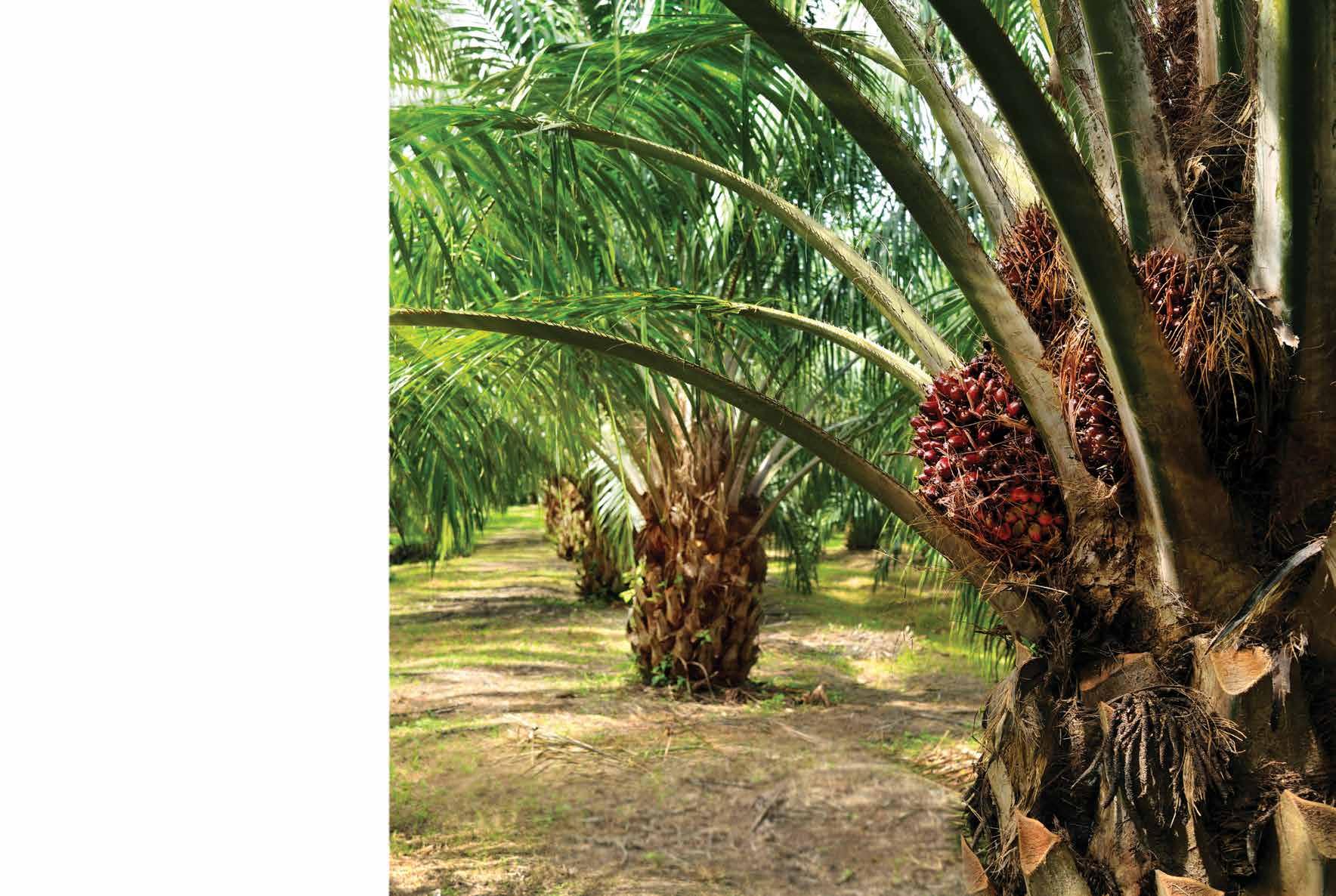

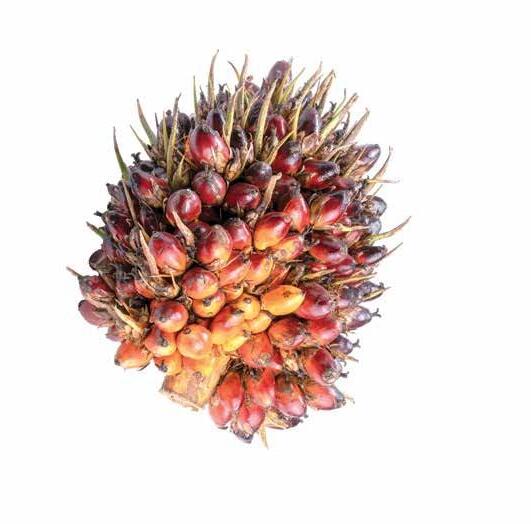
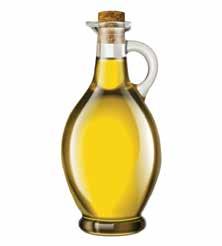
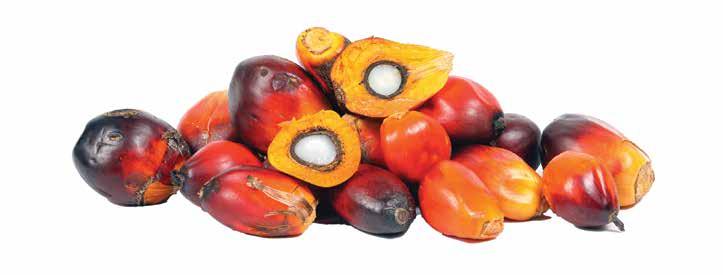

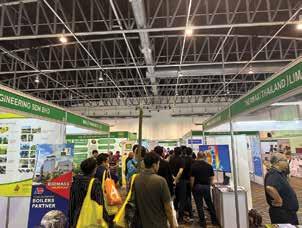
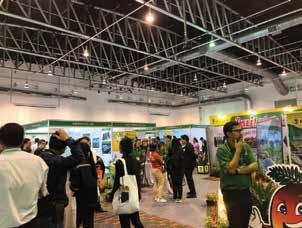

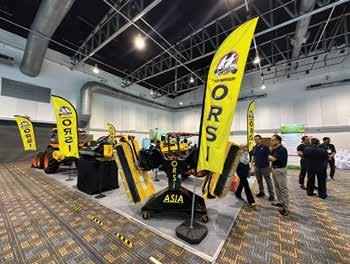
Ecoscience International Bags RM24 Mil Contract to Build Palm Oil Refinery Complex in Indonesia
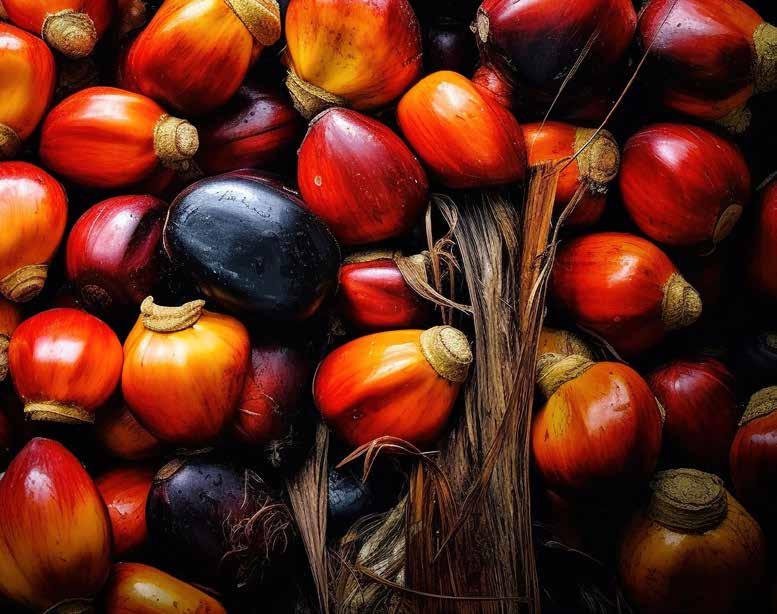
Ecoscience International Bhd, which debuted on Bursa Malaysia’s ACE Market last month, has bagged a RM24.04 million contract for the construction of a palm oil refinery complex in Sulawesi, Indonesia.
The palm oil refinery complex will consist a 300-tonne-perday (tpd) physical refining plant, 300-tpd dry fractionation plant and bottling plant for Palopo Industrial Park at Sulawesi.
The Johor-based palm oil milling services provider said in a Bursa’s filing that its wholly owned subsidiary Ecoscience
Manufacturing & Engineering Sdn Bhd has accepted a letter of award issued by PT Wijaya Inti Nusantara Sawit (PWINS) for the design, supply and fabricate works for the construction of the palm oil refinery complex.
Ecoscience said commencement of the works shall be subject to the receipt of down payment from PWINS, which will be notified by PWINS in writing at a later stage.
The group expects this contract to contribute positively to its earnings and net assets.
ASIA PALM OIL MAGAZINE | Oct-Dec 2023 40
Refinery News
Source: theedgemalaysia.com

MPOA: Dire Need for Oil Palm Replanting
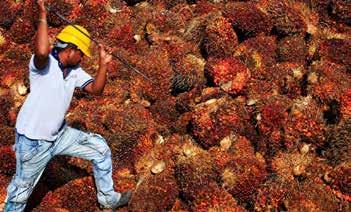
There is an urgent need to ensure the sustainability of the palm oil industry in Malaysia and maintaining a strong level of output for competitive reasons.
This is necessary through the replanting of ageing and unproductive oil palm trees in the country to ensure that the industry remains a viable player, according to the Malaysian Palm Oil Association (MPOA).
“The staggering statistics reveal that there are currently over 664,000ha of oil palm trees in the country that are above the 25-year mark and are in dire need of replanting. This situation demands immediate attention and action,” MPOA said in a statement.
It noted that by 2027, the industry will face the daunting prospect of having two million ha or some 35% of the total oil palm planted hectarage being classified as “old and old mature.”
“This impending scenario underscores the critical importance of implementing strategic measures to rejuvenate the ageing palm trees, safeguarding the productivity and competitiveness of the sector,” it said noting this is a highly crucial matter to address.
The palm oil industry is a main economic generator for the nation and the association said it contributes significantly to rural development, poverty eradication, employment generation and foreign exchange earnings including taxes to the government.
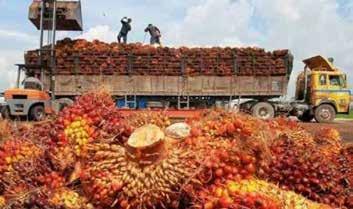
“With 5.67 million ha of planted oil palm trees, which is a mere 0.1% of global agricultural land area and an extensive supply chain, it accounts for a significant 20% of the world’s exports of edible oils and fats,” it noted.
“However, the sector operates in unique conditions, a commodity business model based on a biological and perennial tree, requiring ongoing investments, labor-intensive practices and a complex supply chain,” it added.
The association said the upcoming MPOA National Palm Oil Conference 2023 holds significant importance as it is poised to shape the future trajectory of the plantation sector’s priorities for Budget 2024.
It will not only set the tone for industry aspirations, but also serve as a guiding beacon for policymaking and fostering sustainable industry growth.
It also noted the industry’s pending appeal for a comprehensive review of the windfall profit levy’s price threshold and levy rate.
“The existing levy disproportionately burdens the oil palm industry, particularly in the face of escalated production costs at present,” MPOA said.
The MPOA said the future of the Malaysian oil palm sector hinges on cost-productivity, competitiveness and sustainability.
Thus, addressing these concerns and setting forth a clear roadmap for the Malaysian palm oil industry’s future is not only a necessity, but also an opportunity to drive positive change and foster continued growth in this vital sector of Malaysia.
The MPOA represents some 40% of the total planted oil palm areas in the country with members including major plantation companies such as Sime Darby Plantation Bhd, FGV Holdings Bhd, Kuala Lumpur Kepong Bhd and IOI Corp Bhd.
ASIA PALM OIL MAGAZINE | Oct-Dec 2023 42
Source: www.thestar.com.my
PLANTERS CORNER


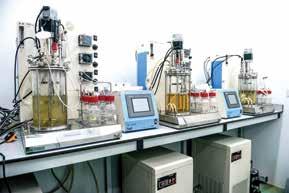

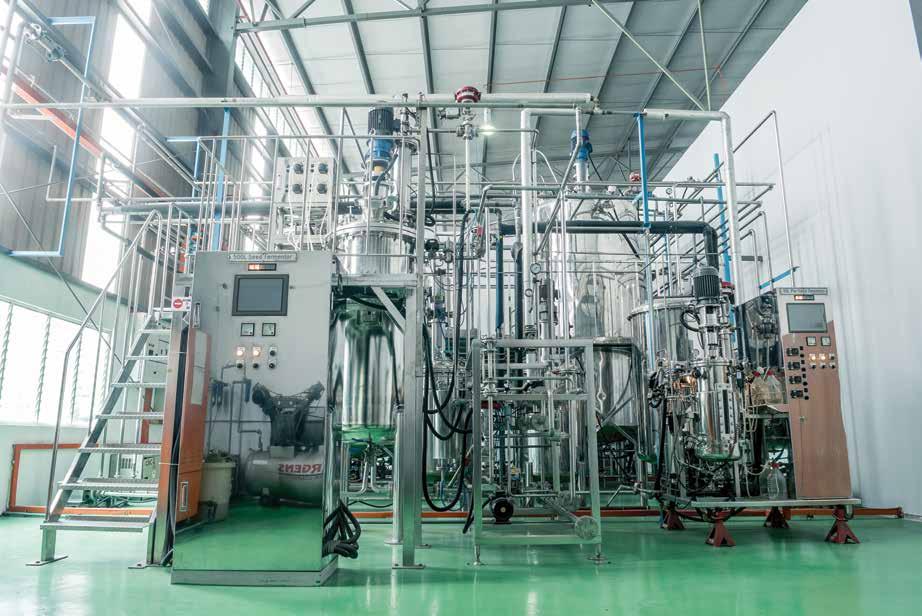



















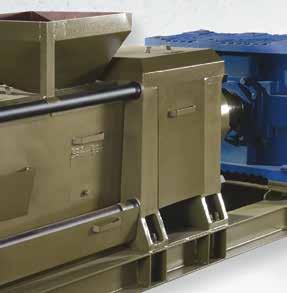









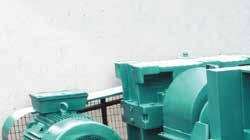
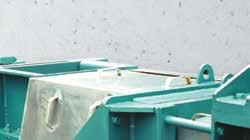

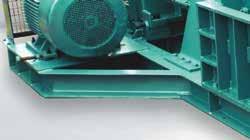









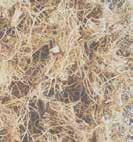






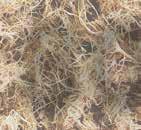






Boron Deficiency in Oil Palm
Weng Kee Ch’ng, Regional Sales Manager, Southeast Asia, U.S. Borax

Functions and symptoms of boron deficiency
in oil palm trees
Boron (B) is the most frequently deficient micronutrient in oil palm cultivation. This deficiency is intensified in regions with sandy soils and those subject to high rainfall volumes. Cultivation areas with high productivity and that are normally well supplied with adequate doses of other nutrients such as nitrogen (N), phosphorus (P), potassium (K), and magnesium (Mg), have high rates of vegetative growth. These areas also see high boron demands and will require a frequent supply of the micronutrient.
Boron plays important roles in oil palm cultivation, including:

• Structural and metabolic processes, such as structuring cell walls, transporting carbohydrates in phloem vessels, and forming complexes with sugars
• Functions related to floral biology, such as pollen grain germination and pollen tube formation
• Fundamental biological processes that act directly on cluster productivity and consequent oil yield
From a structural point of view, boron is an essential constituent of membranes and plant cell walls, acting directly in the formation of new tissues (meristems) of the aerial part and roots of the oil palm plant. In situations where severe deficiency occurs, there is complete inhibition of the development of new leaves, due to the disintegration of non-expanded leaf primordia.
Palm plants are very sensitive to low concentrations of boron in the soil, and the onset of symptoms occurs very quickly on leaves, roots, and entire plants. Leaves with symptoms of boron deficiency show irregular expansion and malformations. Due to its low mobility in the phloem vessels of these plants, boron deficiency results in the manifestation of symptoms first in young and growing leaves, with the leaflets in the distal section being the most affected.
A more intense green often appears in symptomatic leaves
that may also have a wrinkled appearance and shape— showing rigidity and eventually brittleness. Boron deficiency greatly affects reproductive growth because the synthesis of cytokinins—phytohormones that promote cell division—is repressed. The germination of pollen grains associated with poor formation of pollen tubes prevents proper fertilization and embryonic formation.
Boron deficiency increases auxin levels, which can induce increases in the enzyme auxin-oxidase, affecting root formation and loss of the apical domain. It can also cause supra-optimal levels of auxins, which can inhibit cell division and increase the enzyme auxin-oxidase in the formation of tertiary and quaternary roots and loss of the apical domain. This causes a reduction in the differentiation of lateral roots that do not fully develop, forming clusters of short and thick roots.
These effects on the root system can reduce palm tree uptake of water and other nutrients, which will certainly impact crop productivity. As a way of monitoring adequate levels of boron in the crop, we recommend periodic analysis of the plant tissue, accompanied by assessments of the soil’s nutrient content. In addition, frequent field checks to check for deficiency symptoms in the leaves and roots will help determine any issues with boron in oil palm.
The most commonly visible symptoms of boron deficiency in oil palm are:
• Little leaves
• Fishbone leaves
• Hook leaves
• Crinkled pinnae
• Blind fronds
• Leaves with white stripes
• Frond shatter
Lack of boron can lead to parthenocarpic fruitlets with no kernel and poor development or with no seed resulting in small fruit. This leads to a small fresh fruit bunch (FFB) and a significant loss of yield. Lack of boron can also cause significant root growth reduction in oil palm.
ASIA PALM OIL MAGAZINE | Oct-Dec 2023 46 TECHNOLOGY AND PRODUCT NEWS
Borates in the field
A study conducted in Malaysia demonstrated that the application of 100g of U.S. Borax’s Fertibor® per palm per year increased the production yield of the palms for two different age groups at two different plantations. Fertibor® helps to increase the bunch weight per fresh fruit bunch and also the number of bunches per palm per year.
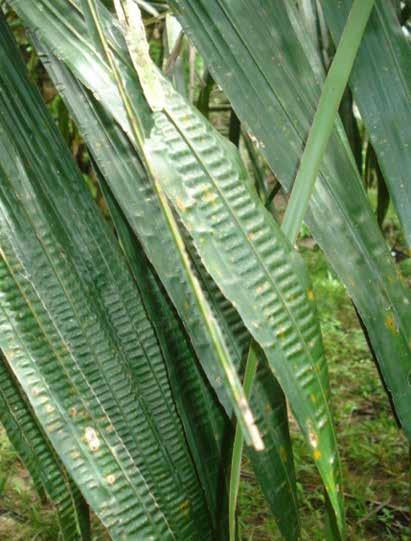
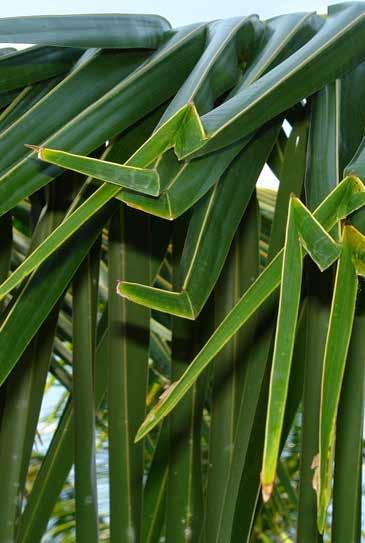

How much boron is enough for oil palm?
For seeding, we recommend doing a spray test on several seeds to find out the appropriate dosage of fertilizers before application on all plants in the nursery:
• In general, 13.6 g of U.S. Borax’s Solubor® (20.5% B) in 100 L of water is the recommended concentration for spraying
• Solubor® can also be mixed with insecticides or fungicides commonly used in nurseries
• Divide into three to four applications during periods of spraying insecticides or fungicides
• A preventative application of boron can be carried out during the fourth, eighth, and tenth months after germination

ASIA PALM OIL MAGAZINE | Oct-Dec 2023
Visible boron deficiency symptoms in oil palm
Round leaf. Image courtesy of Fabiano Silvestrin
Hook leaves. Image courtesy of Weng Kee Ch’ng
Crinkle new leaf. Image courtesy of Fabiano Silvestrin
When planting, keep in mind that oil palm removes significant amounts of boron from the soil each year. Fertilizer dosage rates for immature and mature oil palm depend on the soils and yield goals:
• In general, the standard application for immature palms is 50 g per palm per year of Fertibor®, increasing to 100-200 g per palm per year up to four to six years
• Always consult your local Department of Agriculture to check the proper dosage of fertilizers
Your U.S. Borax boron fertilizer options for oil palm

• Granubor® is an ideal material for dry blends for soil application.
• Fertibor® works in direct soil applications and fertilizer mixtures.
• Solubor® allows you the most flexibility for applying boron in solution. It can be dissolved alone in water or liquid fertilizer and/or pesticides and then applied to the soil or directly onto the palms.
• Boric acid is not recommended for foliar applications.
References
• Gutierrez-Soto, MV; Torres-Acuña, J. 2013. Symptoms associated with boron deficiency in the oil palm (Elaeis guineensis Jacq.) in Costa Rica. Agronomía Mesoamericana. 24(2): 441-449.
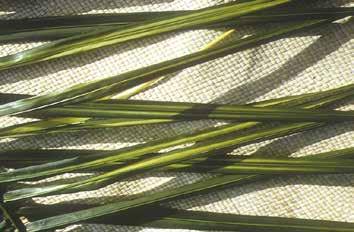
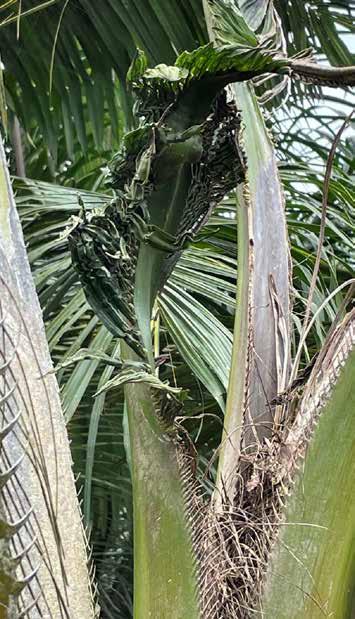
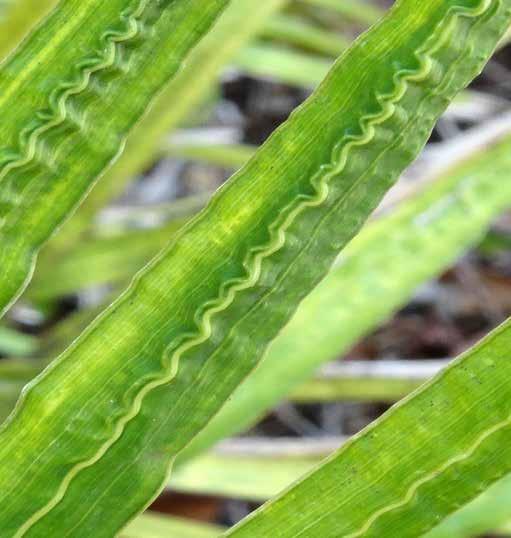
• Rajaratnam, J. 1973. “Application, Absorption, and Translocation of Boron in Oil Palm: I. Methods of Application and Types of Boron Fertilizer.” Exper Ag, 9(2), 129-139.
• Viégas IJM; Müller AA editors. 2000. A cultura do dendezeiro na Amazônia brasileira. Belém: Embrapa.
• Von Uexkull, HR; Fairhurst, TH. 1991. IPI Bulletin No. 12: Fertilizing for high yield and quality THE OIL PALM. Bern, Switzerland: International Potash Institute.
ASIA PALM OIL MAGAZINE | Oct-Dec 2023 48 TECHNOLOGY AND PRODUCT NEWS
Crinkle new leaf. Image courtesy of Weng Kee Ch’ng
Crinkled pinnae. Image courtesy of U.S. Borax
White stripe leaf. Image courtesy of Weng Kee Ch’ng







Two Guascor Energy Biogas Units
Generate Electricity for Timber and Oil Palm Milling in Sabah State
Sabah is a state of Malaysia located in the northern portion of Borneo, in the region of East Malaysia in a tropical geography with an equatorial climate.
The palm oil industry in Malaysia is a vital economic sector that plays a central role in the country’s economy. Malaysia is one of the world’s largest producers and exporters of palm oil, and the industry has undergone significant growth and transformation over the years. Palm oil mills are integral to Malaysia’s economy, contributing significantly to export earnings, employment, rural development, GDP, and various other economic aspects.
Sabah Softwoods Berhad is 70% owned by Innoprise Corporation Sdn Bhd, the investment arm and holding company of Yayasan Sabah Group. Its core business is timber and oil palm milling and woodchip production and the company manages the running of Kapilit Palm Oil Mill in Sabah.
Palm oil mills generate substantial amounts of POME, which is a byproduct of the oil extraction process that can be used to
produce Biogas. The utilization of this waste product as a fuel resource in the power generation plant helps significantly to reduce its environmental footprint. This gas is treated before being used in generating sets through an H2S scrubber.
In 2014, this mill was equipped with one first Guascor Energy containerized G-56SM biogas 1 MWe genset, to fulfill the energy needs of the plant by using the biogas produced.
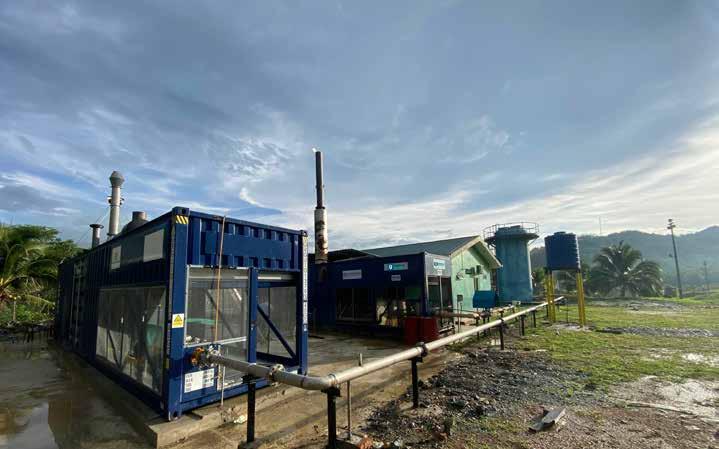
Over time, the company saw that their power generation needs, far from being satisfied, began to increase and thought about expanding the power generation plant.
Thanks to the power reliability and good experience they had with the results provided by the first Guascor Energy power generation unit, (56.000 running hours to date) the company decided to acquire a second unit, which has been recently delivered and is already up and running.
This second unit is a Guascor Energy genset, G-36SL model

ASIA PALM OIL MAGAZINE | Oct-Dec 2023 50 TECHNOLOGY AND PRODUCT NEWS
Guascor Energy is a global leading manufacturer of gas and diesel engines designed for power generation, cogeneration, waste conversion, and marine use. Since its foundation in 1966, the company has been supporting customers in the process of decarbonization and decentralization of energy & power.
With our best-in-class electrical and global efficiency portfolio we have achieved a very strong presence in the waste to energy market both for power generation and cogeneration applications.
We have a complete range of engines specially developed and optimized for biogas applications, the S family engines with an output from 252 to 1067 kWb and the H family engines with an output from 520 to 1373 kWb, with standard, interchangeable engine parts and integrated proprietary GCS-E engine and GCS-G Genset control systems with scopes that go from the simplest bare engine to a fully containerized plug and play CHP package.
The excellent quality, efficiency, and reliability of Guascor Energy engines have been proven for more than 50 years and more than 3,000 actively running engines & gen-sets worldwide.
Kreativ Recovery Sdn Bhd is the authorized distributor for Guascor Energy in Malaysia. It was established in 2016 as an engineering company. They provide sales, after-sales, and spare
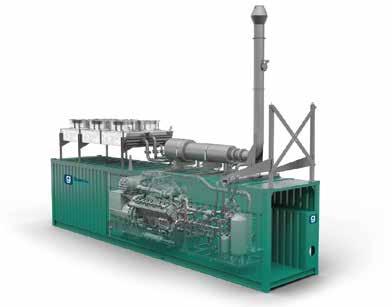
parts for Guascor Energy gas engines for power generation and the renewable energy market. The team includes skilled electrical and mechanical people with many years of experience in gas engine maintenance, troubleshooting, and overhauling being able to reduce downtime and increase productivity improving customer satisfaction.
Guascor Energy manufactures the necessary generating sets to fulfill your power needs and Kreativ Recovery Sdn Bhd in Malaysia is our perfect partnership for collaboration in the country.
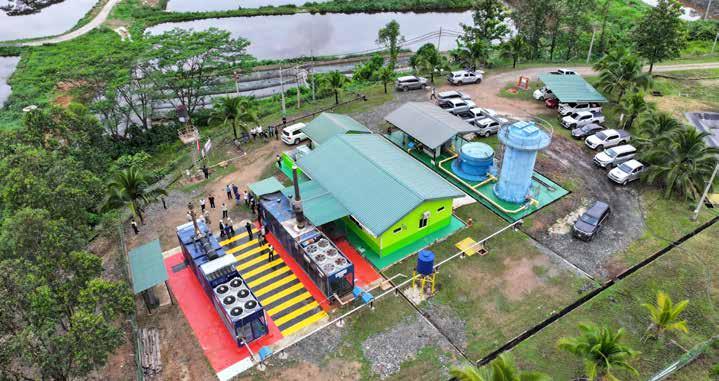
A win-win solution.
Pay us a visit at PIPOC 2023. Nº 155- booth 284.

ASIA PALM OIL MAGAZINE | Oct-Dec 2023
providing 610 kWe, with a soundproof generator in the container. This supply completes the installation of Kapilit Palm Oil Mill.
HAUS DECANTER CENTRIFUGE MADE ITS DEBUT IN EAST MALAYSIA
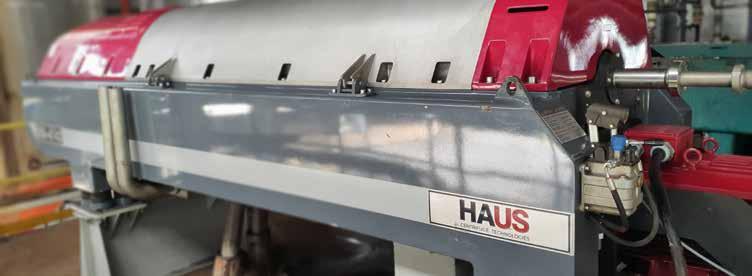
Decanter centrifuges play a crucial role in the palm oil milling process. They are used to recover palm oil from crude palm oil sludge, which itself is obtained after the sterilization, threshing, digestion, and pressing of the palm fruit. The decanter centrifuge separates the mixture into three phases: oil, water, and solid.
HAUS Decanter Centrifuge has been an up-and-coming player in the industry in recent years. The number of centrifuge units installed in the region has increased year after year, as we continue to expand our market with customers who trust our proven performance.
In the Southeast Asia region, HAUS decanters were initially installed in palm oil mills all around Peninsular Malaysia. We first ventured into East Malaysia with an installation at a major palm oil mill outside Kuching, Sarawak. HAUS prides itself on premium levels of customer service, and it was this service that launched our brand into East Malaysia. With an express lead time of less than two months, our new client took delivery of their top quality, more efficient, and highly cost-effective HAUS decanter centrifuge, which came with a proven performance record.
HAUS’ newly designed palm oil mill decanters have numerous crucial advantages to consider:
Efficient oil separation: HAUS’ decanter centrifuges are highly effective at separating the oil from the solids in the CPO mixture. This helps to maximize the oil yield from the palm fruit and reduces the amount of waste generated (especially by reducing the load into the waste pit.
Improved oil quality: Our decanter centrifuge helps to remove impurities from the CPO mixture, resulting in a higher quality
of oil. This is because the solids that are separated from the oil are typically high in moisture content and can contain impurities that may affect the quality of the oil.
Increased productivity: The use of HAUS decanter centrifuges in palm oil milling can increase the overall productivity of the mill. Our decanter centrifuge allows for continuous separation of oil from the solids with higher throughput, which not only can save time but can reduce mill processing costs as well.
Cost-effective: Our decanter centrifuges can be cost-effective in the long run. The overall reduction of waste generated improves the yield of oil from the palm fruit, resulting in significant cost savings. Our decanters can operate 24 hours a day with simple, routine maintenance. We are proud to report that some of our machines have been in operation, without requiring a major service, for more than 10,000 hours.
Reduced oil loss: Using HAUS decanters, we promise less oil will be lost during both the water phase and the solid phase, thus increasing your overall oil yield. In some cases, we have been able to reduce the oil loss over FFB to as little as 0.42-4.45%.
In addition to the excellent benefits of expertly engineered decanter centrifuges, HAUS Control Panels also provide significant advantages by enabling the safe, smooth operation of our machinery with clear, user-friendly interfaces. Each piece of hardware utilized in every control panel is made for reliability and durability. Additionally, all parts are sourced and produced from established and reputable manufacturers. The entire decanter centrifuge is controlled by the Programmable Logic Controller (PLC) which is installed in the panel along with other components and accessories to assist in the safe operation of the decanter; such components include Variable Frequency
ASIA PALM OIL MAGAZINE | Oct-Dec 2023 52 TECHNOLOGY AND PRODUCT NEWS
Drive (VFD), Human Machine Interface (HMI), and relays.
HAUS PLC programs are built based on individual application needs and are custom-made for the palm oil production process. The brain of this system is based on I/O from devices installed within the machine and the panel. As a result, the PLC continuously evaluates the running condition of the decanter centrifuge and can respond within milliseconds according to the set operation parameters. The control system of the panel comes with an HMI to start and stop the operation of the decanter centrifuge, and to modify its performance while in use. During operation, the engineer can monitor the machine’s status, such as the vibration values, bearing temperature values, decanter speed, torque values, and motor running values. With the simple click of a button, changes can be made to improve the production process based on conditions observed at that time.
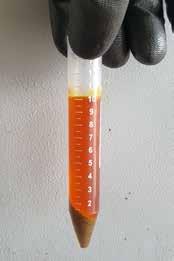
All HAUS Decanter Centrifuges are equipped with dual motors. The function of the main motor is to drive the bowl and scroll motor and to drive the scroll via a gearbox. All our motor drivers or VFDs are from one of the most reputable manufacturers in the world, which is known for producing dependable components, entirely fit for the robust use of palm oil production. The start-up current for both motors is generally around 70-80% lower than the conventional type of motor driver. The power consumed to produce 1 m3/hr of sludge is equivalent to approximately 1.24 kWh. Functioning at an operation throughput of 25m3/h consumes only around 31 kWh in total, thanks to our VFD system where the scroll motor acts as a regenerative drive. Using a mechanism of energy recovery, the kinetic energy of the motor is immediately converted into a usable form to support the decanter bowl motor - nothing is wasted.
Commissioning System. The HAUS RS System enables the HAUS Technical Support Team to access our client’s machines remotely. This means we can more quickly and efficiently diagnose and provide support for the solution of malfunctions (in particular automation and electrical faults), by controlling some machine operations or commissioning decanters from our headquarters. With clients based all around the Southeast Asia region, this is a huge saving of both time and cost for our customers.
In addition to the HAUS RS System, HAUS has the facility to provide the optional HAUS MS Remote Monitoring System to our clients. HAUS MS allows the HAUS Technical Support Team to continuously collect data from the machines for analysis and, ultimately, the improvement of machine performance. Machine data can be transferred to the client’s mobile phone, tablet, or computer for easy and remote monitoring with instant live updates. At the same time, it may notify the operator if certain values are exceeded, or if a decanter is operating in abnormal conditions. HAUS MS is another exciting feature of our technology that is designed to make our decanters simple and more cost-efficient to operate.
Since dual motors are used with VFD drivers, our customers can easily alter the main bowl speed and scroll speed (differential speed) depending on sludge and its specific requirements. Should there be changes to the inlet product, adjustments to speed can be made while the machine is running - there is no longer any need to halt the decanter during the production process. Another advantage of our decanter centrifuges is that HAUS offers our RS Remote Support and Control and

Though there are many competitors in the centrifuge industry, HAUS continues to increase its footprint throughout the world, becoming a valuable player in the field. We attribute this growth to our desire to be at the forefront of decanter centrifuge technology, and so we continue to dedicate time and resources towards ongoing product development. Furthermore, we understand that our commitment to our clients does not end after a sale but must continue for as long as they remain users of HAUS technology. Our outstanding after-sales service is yet another reason behind our growing success; we strive to build supportive relationships with our customers based on trust. Finally, we must not forget our HAUS Family who remain committed to improving the credibility of HAUS decanter centrifuges by designing and developing cutting-edge technology.
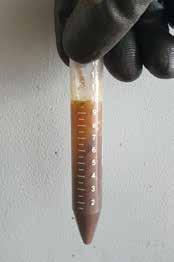
ASIA PALM OIL MAGAZINE | Oct-Dec 2023
Advancing Sustainability through Circular Economy Collaboration with ALCOM.
According to MIDA (Malaysian Investment Development Authority), as the world's second-largest palm oil producer and exporter, Malaysia boasts an expansive oil palm cultivation covering 4.49 million hectares, resulting in a substantial annual production of 17.73 million tonnes of palm oil. Malaysia's influence extends globally, contributing 11% to the world's oils and fats production and commanding a remarkable 27% share in the international oils and fats export trade.
The palm oil industry, a fundamental pillar of global agriculture, is currently under mounting pressure to strike a balance between adopting sustainable practices and maintaining optimal operational efficiency. In response to these multifaceted challenges, innovative solutions in materials and construction have emerged as pivotal drivers of progress within the industry. One such innovation that has garnered substantial attention is the utilization of aluminum for roofing and cladding in palm oil mill warehouses. The increasing adoption of aluminum for roofing and cladding in palm oil mill warehouses is linked to
the diverse benefits it offers, including sustainability, durability, and cost-efficiency. In the following discussion, we examine the advantages inherent to aluminum roofing and cladding, providing insights into how these attributes can significantly contribute to the advancement of sustainability in the palm oil industry.
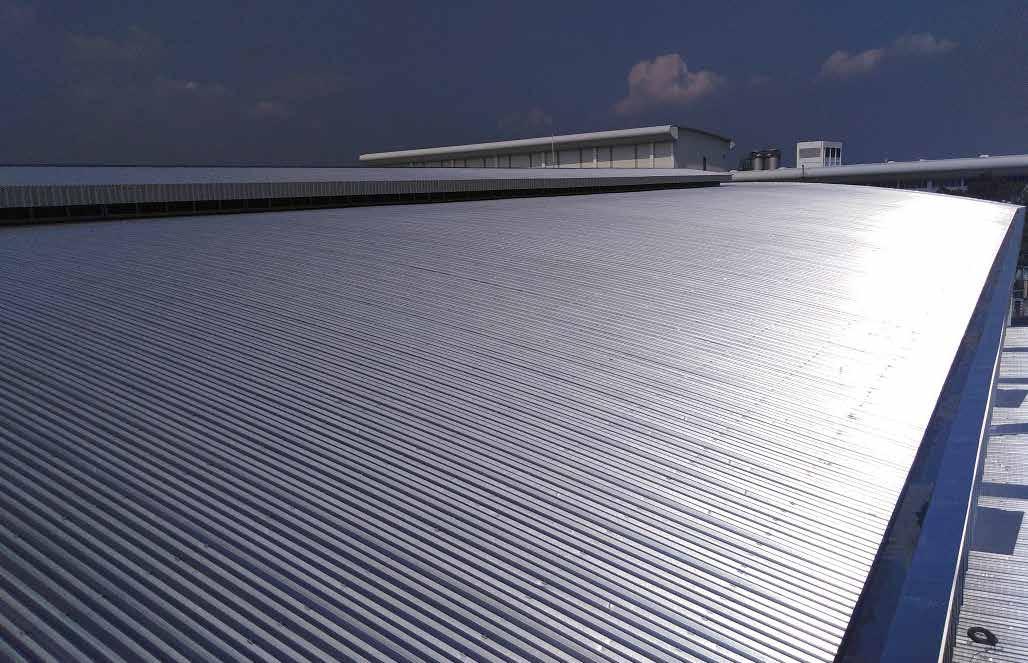
Sustainability and Modernizing Palm Oil Mill Warehouses with Recyclability
The journey for sustainable practices within palm oil mill warehouses begins with the conscientious choice of materials. In this pursuit, aluminum emerges as a standout selection due to its inherent qualities and its role in promoting the principles of a circular economy. One of aluminum's defining features is its unrivaled recyclability. It can undergo recycling indefinitely without any compromise in quality or performance, aligning seamlessly with the ideals of a circular economy. This exceptional attribute significantly diminishes the need for primary aluminum production, preserving vital natural resources.
ASIA PALM OIL MAGAZINE | Oct-Dec 2023 54 TECHNOLOGY AND PRODUCT NEWS
Environmental Impact Mitigation
The benefits of embracing aluminum roofing and cladding go beyond the material itself and extend into the construction phase, offering opportunities to reduce environmental impact. Firstly, its lightweight characteristics notably reduce carbon emissions related to transportation and installation, aligning well with the palm oil industry's increasing dedication to carbon footprint reduction. Additionally, opting for aluminum over conventional materials e.g. Timber indirectly supports forest conservation initiatives by lessening the demand for timberbased products, thereby alleviating the strain on valuable forest ecosystems.
Exceptional Corrosion Resistance, Durability, and Minimal Maintenance
Beyond its recyclability, aluminum roofing and cladding systems display remarkable longevity. They exhibit an extended lifespan that necessitates infrequent replacement, effectively reducing waste generation and diminishing the need for new materials. In the demanding environment of palm oil mills, which often involves high humidity and exposure to corrosive elements, the corrosion resistance of aluminum is a gamechanger. Aluminum naturally forms a protective oxide layer on its surface, acting as a shield against corrosion. This intrinsic quality ensures that aluminum roofing and cladding have a significantly longer lifespan than many other materials, even in the harshest conditions of palm oil mill warehouses.
Moreover, aluminum's outstanding resistance to corrosion results in minimal maintenance requirements over time, especially when compared to alternatives like steel. This reduced maintenance not only lessens the environmental impact but also contributes to cost-effectiveness, reinforcing the industry's
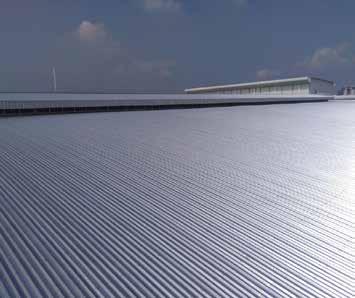
commitment to sustainability. This translates to fewer periods of downtime and lower maintenance costs for palm oil mills. With less disruption and reduced spending on maintenance, mills can allocate their resources more effectively, allowing them to concentrate on their primary operations and sustainability initiatives.
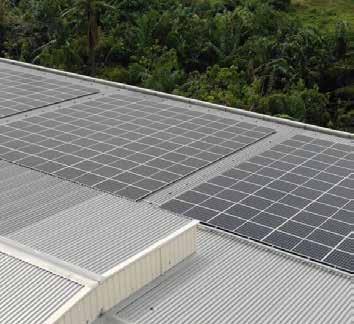
Weight Advantage and Cost Efficiency
Aluminum's lightweight properties further enhance its appeal for sustainable material selection. This characteristic expedites the installation process, substantially reducing the energy demands associated with transportation and installation. The ease of handling and installing aluminum components significantly reduces labor costs and eliminates the need for heavy equipment during construction. This streamlined installation process not only saves time but with the reduced load-bearing requirements of aluminum roofing and cladding has a substantial impact on construction costs, making it a practical choice for palm oil mills. Engineers and architects can design warehouse structures with lighter, more cost-effective materials, reducing both material and labor expenses. This structural efficiency not only benefits the bottom line but also contributes to the overall sustainability of the palm oil industry.
Cost-effectiveness is a compelling advantage of aluminum roofing and cladding in palm oil mills. Despite potentially higher initial costs compared to alternatives, their long-term savings become evident. Aluminum's durability and corrosion resistance reduce the need for replacements, resulting in substantial cost savings in materials and labor. Additionally, minimal maintenance requirements translate to ongoing cost efficiency, allowing palm oil mills to allocate resources more effectively and align with their sustainability goals by optimizing efficiency while minimizing operational expenses.
ASIA PALM OIL MAGAZINE | Oct-Dec 2023
ALCOM's "Buy-Back" guarantee for aluminum sets it apart from conventional materials like steel in several ways. Firstly, it offers business owners a lucrative option, allowing them to potentially recover a significant portion of their initial investment in aluminum materials. This flexibility is especially valuable in industries where material needs can fluctuate over time. Unlike steel and other materials where resale values can be lower than scrap values, ALCOM ensures that the buy-back value of aluminum is addressed based on the London Metal Exchange (LME) rate on that date, providing businesses with a fair return on their investment when selling surplus aluminum. This not only supports cost management but also encourages responsible material management and sustainability.
Furthermore, ALCOM's buy-back guarantee enhances the recyclability of aluminum materials. This commitment to recycling aligns with environmental sustainability efforts, as aluminum is highly recyclable, and recycling consumes significantly 95% less energy compared to primary aluminum production. By promoting recycling and responsible disposal, ALCOM ensures that not a single piece of aluminum is wasted needlessly. In the long term, this approach can lead to cost savings for businesses, as they reduce the need to purchase new aluminum for projects and contribute to reducing their environmental footprint. Overall, ALCOM's buy-back guarantee combines financial benefits, flexibility, and environmental responsibility, making aluminum a compelling choice for businesses seeking both economic and sustainable advantages.
Enhanced Energy Efficiency with Reflectivity, Thermal Efficiency, and Malleability
On the other hand, the architectural freedom that aluminum offers is another advantage. Designers have the flexibility to create innovative and efficient warehouse layouts tailored to the specific needs of each palm oil mill. This adaptability is invaluable in optimizing space and operational flow, further enhancing efficiency.
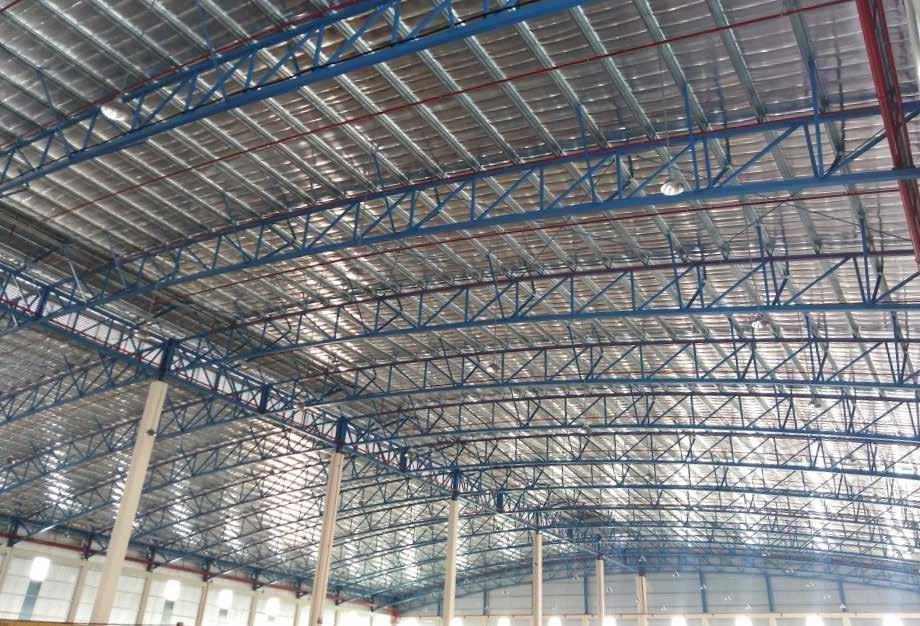
Furthermore, its high reflectivity plays a pivotal role in bolstering energy efficiency within the warehouse itself. Aluminum’s contributions to energy efficiency in palm oil mill warehouses are significant. Its reflective surface reduces the absorption of solar heat, helping to maintain a cooler internal temperature within the warehouse. This, in turn, can lead to reduced energy consumption for cooling purposes. It is akin to having natural insulation, which not only improves comfort for those working inside but also reduces energy bills and environmental impact.
Furthermore, aluminum's compatibility with various insulation materials further enhances energy efficiency within the warehouse. Proper insulation minimizes the need for heating in cooler climates and cooling in warmer regions. This synergy between aluminum and insulation creates an energyefficient environment, aligning with the industry's commitment to sustainability and responsible resource use.
In conclusion, the deployment of aluminum roofing and cladding in palm oil mill warehouses represents a momentous stride towards sustainability, operational efficiency, and environmental responsibility. By harnessing aluminum's innate qualities of durability, corrosion resistance, and recyclability, the palm oil industry not only reduces its environmental footprint but also stands to benefit from significant cost savings over the long term. Furthermore, aluminum's lightweight attributes usher in unprecedented practical advantages, from simplified installation and structural efficiency to architectural freedom. As the palm oil industry continues to evolve in response to global sustainability demands, aluminum roofing and cladding emerge as essential contributors to its enduring success, offering a durable, environmentally responsible, and cost-effective solution for palm oil mill warehouses.
ASIA PALM OIL MAGAZINE | Oct-Dec 2023 56
marketing@alcom.com.my for more details TECHNOLOGY AND PRODUCT NEWS
Contact
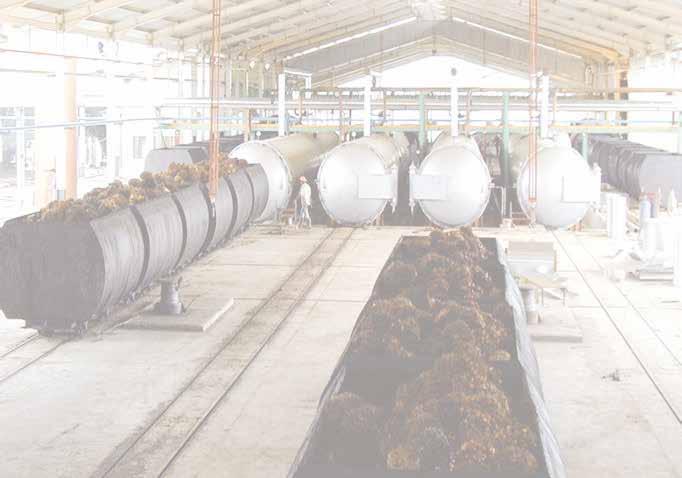























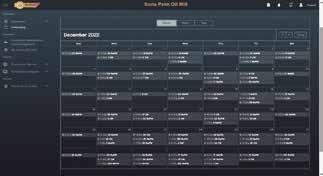


MyPalm – REVOLUTIONIZING PALM OIL MILLING WITH ARTIFICIAL INTELLIGENCE
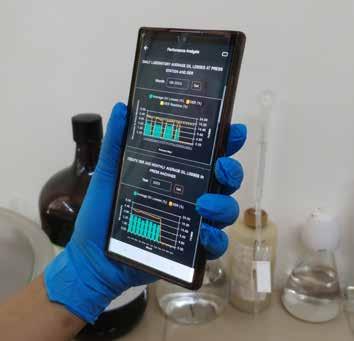
TECHNOLOGY
In the rapidly evolving palm oil milling industry, traditional practices are transforming due to technological advancements, particularly in the realm of data analytics. Nonetheless, challenges persist, affecting the efficiency and profitability of palm oil mills. This article highlights the enduring obstacles encountered by mill operators and introduces MyPalm – an innovative web and mobile application powered by Artificial Intelligence (AI). MyPalm aims to tackle these challenges headon, paving the way for heightened operational excellence and a transformative shift in how palm oil mills function.
Unveiling Industry Challenges
The palm oil mill industry grapples with challenges that cast shadows on operational efficiency and the ever-increasing cost of processing Fresh Fruit Bunches. Dependency on the human workforce and manual data logging processes introduce inaccuracies, inefficiencies, and limited scalability. These hurdles hinder swift decision-making and progress within palm oil mills. Oil losses within the press station present another pivotal concern. Inefficiencies here lead to substantial production deviations and, consequently, significant oil losses, impacting mill revenue and overall efficiency. Furthermore, high machinery breakdowns in palm oil mills contribute to costly maintenance and hampering consistent operations.
Empowering Transformation with MyPalm
MyPalm, a game-changing solution developed by AIREI Sdn. Bhd. is designed to revolutionize palm oil mills and pave the way for a smarter future. This transformative web and mobile application leverages the predictive and prescriptive features of Artificial Intelligence (AI) to address challenges in two primary
sections: Production and Maintenance.
Overcoming Human Dependencies Using Data Analytics and Sensors
Manual decision-making based on numerous datasets will be a thing of the past. MyPalm integrates data using AI algorithms and generates predictive and prescriptive analyses that simplify the daily tasks of Engineers. What’s more, MyPalm’s precise mesocarp fiber oil loss predictions, which have demonstrated an accuracy rate of approximately 90-95%, have proven to substantially decrease the reliance on laboratory operators. The conventional practice of labor-intensive mill monitoring becomes outdated, resulting in valuable time and resources being conserved.

ASIA PALM OIL MAGAZINE | Oct-Dec 2023 58 TECHNOLOGY AND PRODUCT NEWS
Instant Rectification of Operational Inefficiencies to Improve Oil Extraction Rate (OER)
MyPalm’s Production Module wields AI algorithms to revolutionize how we combat the unrecoverable oil loss in mesocarp fiber. By analyzing key parameters such as FFB Quality, Sterilization, and Pressing data, MyPalm offers real-time predictions of oil losses with remarkable accuracy. Moreover, MyPalm not only predicts oil losses but also promptly identifies contributing factors and offers actionable prescriptions to prevent such losses instantly. This enables millers to promptly streamline their processes and enhance the Oil Extraction Rate (OER). MyPalm notifies the management and mill workforce of real-time happenings via instant notification to their handheld devices.
and abnormalities, Routine Preventive Maintenance with customizable inspection schedules, and Replacement Preventive Maintenance with automatic tracking of machine running hours. The MyPalm mobile app’s QR code scanner grants easy access to maintenance history, offering valuable insights into past tasks.

The AI Advantage and Dashboard Brilliance
MyPalm’s AI-driven insights facilitate proactive decisionmaking. By eliminating manual guesswork and paper-based processes, MyPalm ushers in an era of efficiency and datadriven precision. The user-friendly dashboard transforms data into visual presentation, empowering teams with real-time predictions, trends, and performance indicators. It’s a guideline for informed choices, steering palm oil mills towards higher efficiency and productivity.
MyPalm: A Quantum Leap in Milling Excellence
MyPalm isn’t merely an app; it’s a catalyst for transformation in the palm oil mill industry. With AI-powered accuracy, reduced oil losses, streamlined maintenance, and decreased manpower needs, MyPalm is a formidable game-changer. It optimizes resources, boosts profits, enhances sustainability, and redefines mill operations for the better.
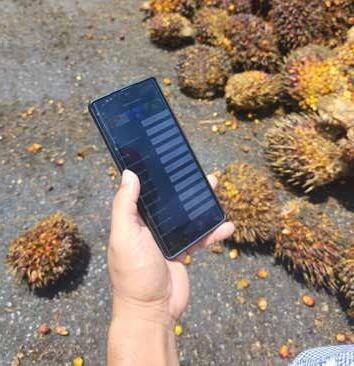
Unlocking Tomorrow, Today
Embrace the future of palm oil mills with MyPalm. Experience the synergy of AI, data, and innovation that propels us towards enhanced profitability and sustainable operations. To delve deeper into the revolution, visit www.airei.com.my or scan the QR code below.

Elevating Productivity Through Maintenance Mastery
MyPalm’s Maintenance Module is the compass guiding palm oil mills toward operational prowess. This module streamlines maintenance activities through innovative features. These include Corrective Maintenance for reporting breakdowns

ASIA PALM OIL MAGAZINE | Oct-Dec 2023
Effects of Windfall Profit Levy on The Palm Oil Industry
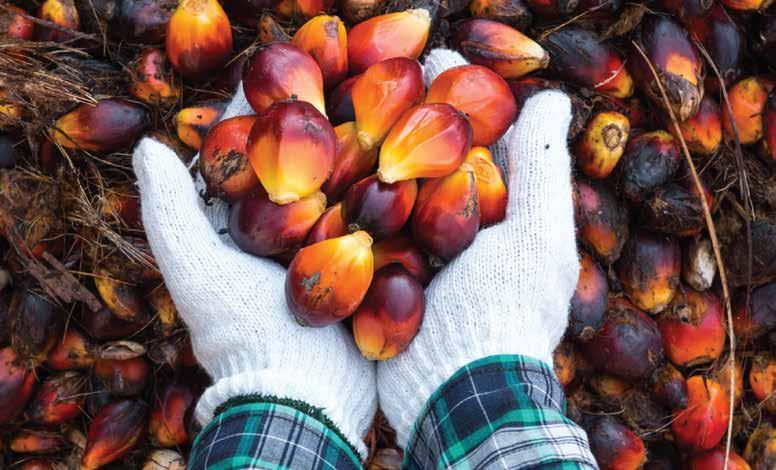
The sustainable palm oil production in Malaysia is the consequence of many people’s long years of suffering and sacrifice. This obvious land-based, capitalintensive, risky and long-haul business had survived world wars, the Great Recession, the Great Depression, as well as numerous natural disasters.
However, due to rising prices and price instability, many private sectors that are dominated by local businesses, particularly small and medium enterprises, are finding it difficult to make ends meet.
Contrary to international investors, this sector of the economy receives little to no support from the government.
Indeed, it is one that is heavily taxed and subject to extensive regulation.
For instance, the Windfall Profit Levy Act (validation) 2023 (Act A1683) and the Windfall Profit Levy (oil palm fruit) order 2023 are recent developments relating to the law that unfairly treats planters under the Windfall Profit Levy Act 1998 or Act 592.
Our members of Parliament (MPs), who failed to argue the matter bravely and gave weak representation of this important issue of grave concern, has disappointed us the most.
We had great expectations as citizen; thus, it was disappointing that we weren’t even consulted before the decision.
The idea of “windfall profit” and what it really means are, at best, vague.
Among many other pertinent laws, the Malaysian Palm Oil Board Act 1998 (Act 582) is the specific legislation that addresses the palm oil sector.
The Plantation and Commodities Ministry which provides the required supports, houses the Malaysian Palm Oil Board (MPOB), which is the key regulatory body.
There is a lot of room for improvement regarding how well they carry out their duties.
The MPOB imposed RM16 per ton of crude palm oil (CPO) produced with effect from March 1, 2021 by the Malaysian Palm Oil Board (Cess) (Amendment) (No.2) Order 2021.
It used to be RM14.
Strangely, it’s not quite clear how the money is used.
We anticipate that priority relevant research and development, crop protection, and ground-specific productivity and yield growth will continue.
We obviously require immediate assistance to mechanize our fieldwork. Many cooperatives and small estates are in desperate need of help because there is no income during the time
ASIA PALM OIL MAGAZINE | Oct-Dec 2023 60
SPECIAL INSIGHT
when they are replanting their big palm trees. As a result, the government must once again implement the replanting grant program.
The planters have no control over the current high input prices, such as fertilizer and equipment. All independent smallholders with MPOB licenses eke out a living by including cash crops and poultry into their fields at low prices. Without a doubt, adding more burdens to them at this difficult time is cruel.
Despite our familiarity with personal income tax – taxes, especially corporation taxes – are complicated subjects.
Income Tax Act 1967 (Act 53) is undisputed, however in order to comprehend the reasoning behind the Windfall Profit Levy, let’s look at it from a layperson’s perspective.
The Ministry of Finance (MoF) is responsible for administering the Windfall Profit Levy Act 1998 (Act 592) which went into effect on Jan 1, 1999. (MoF) Act 592 is designed to make provisions for the application of a tax on slack profits obtained from the manufacture of goods, as well as for items associated with and incidental to such activities.
The windfall profit levy is administered and enforced by the Royal Malaysian Customs Department, which is part of the MoF. The precise method of spending the funds is unknown.
Acts 582 and 592 are both federal statutes. The phrase “windfall profit” is not regulated by law.
Unfortunately, maintaining agricultural roads in the estate is a crucial cost component that is sometimes disregarded and calls for our immediate attention in order to carry the fresh fruit bunches (FFBs) to the oil palm mills securely and on time.
However, to do that, we need additional cash. Cash flow issues made it difficult for the majority of privately owned estates with bank loans to replace their taller and mature palm trees.
Pressure on estates
The Employees’ Minimum Standards of Housing, Accommodations, and Amenities Act of 1990 is also putting pressure on many estates to upgrade employee housing and amenities. Even though we don’t get any assistance from the government to give our employees access to facilities like basic housing, power and water, some local councils, nevertheless, charge assessment fees.
We have not yet fully recovered from the destruction caused by COVID-19, as is well known to humanity.
Additionally, Sabah’s sales tax enactment 1998 and the laws of Sarawak sales tax ordinance, 1998 both possessed the authority to impose sales taxes on specified items.
Sabah and Sarawak are obligated by the Federal Constitution to impose state sales taxes for their respective budgets.
The actual amount of money collected, likely to be in the billions of ringgits, is unknown, and there has been no reinvestment in the estates.
Some isolated estates lack both medical facilities and Internet connectivity. The quality of our produce has consistently been affected by the dangerous road conditions, particularly in Sabah and Sarawak.
FFBs are largely used for extraction, which accounts for the majority of the real cost of production for products like crude palm oil, palm kernel oil, and other derivatives.
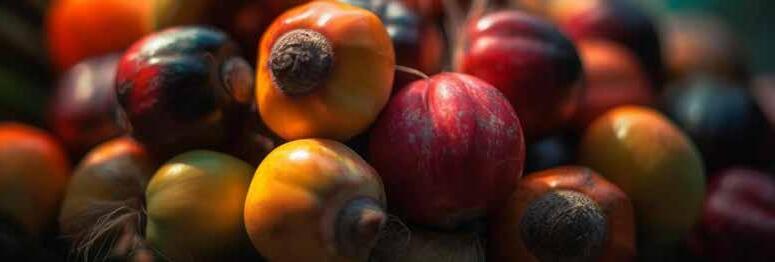
Significant expenses
In accordance with the Financial Reporting Act of 1997, the Malaysian Accounting Standards Board should regulate what constitutes costs, earnings, and windfall profits. The significant expense of purchasing land for agriculture should not be underestimated.
Depending on the location of the land, there is the payment of the land premium and survey expenses. Also depending on the age of the palm trees, an annual quit rent or cukai tanah is required.
The rent increases in price as the trees get older. The initial development costs of oil palm cultivation are particularly costly in places like Sarawak and Sabah since it costs a lot to establish roads, bridges, terraces, accommodation for workers, buildings, and vehicles.
The costs are largely imported. Planters have no direct control over the rising salaries and earnings for all labor levels. For instance, there is nothing we can do other than put the Minimum Wages Order 2022 into effect.
The regularly proclaimed special holiday, which was not included under the Holidays Act of 1951, abruptly reduced our operational output.
For the most part, many stakeholders are still unsure of the methodology behind the rates of payment and the formula used to determine the windfall profit levy. The planter’s mind is always puzzled by the question of whether anything is done fairly and justly.
Despite the enormous cost and unpredictability of the outcome, some irate growers even turned to the legal system in litigation.
Planters deserve the government’s proper attention.
We also applauded several of our courageous lawmakers who are knowledgeable about the subject and are, when necessary, acting in the Dewan Rakyat and state assemblies in accordance with their primary responsibilities.
The planters look to their MPs for courageous, excellent discourse on topics that directly affect their daily lives, such as the windfall profit levy.
Consideration and consultation
Today, we make a formal request to the government that, whenever new legislation is proposed, the planters be given due consideration and be consulted.
There is no question that the price of crude palm oil (CPO) will continue to fluctuate and be low.

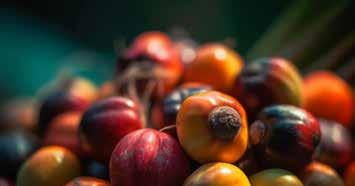
However, the brief period of high prices in 2022 might have encouraged the government to raise taxes like the prosperity tax.
However, a very high CPO price will also have a direct impact on the retail price of cooking oil. As a result, it will have an effect on domestic spending, particularly for the poorest rakyat.
While the Domestic Trade and Cost of Living Ministry seeks to guarantee fair retail prices for the poor, it is anticipated that better management of the Cooking Oil Stabilization Scheme (COSS), which was previously managed by oil palm and sago division of the MPC will help to alleviate the situation.
However, in practice, the policies and procedures are opaque and have been shown to be utilized unfairly by some parties.
Do the average tax-paying planters benefit from the windfall profit levy? The constitutionality and jurisdiction of COSS are still up for debate.
Datuk Daud Amatzin is the Incorporated Society of Planters chairman. The views expressed here are the writer’s own.
ASIA PALM OIL MAGAZINE | Oct-Dec 2023 62
SPECIAL INSIGHT
Source: www.thestar.com.my

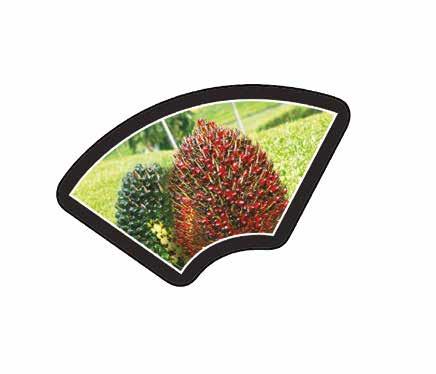
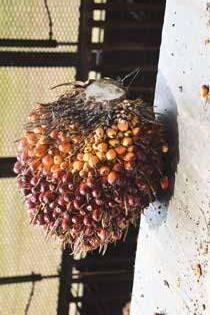
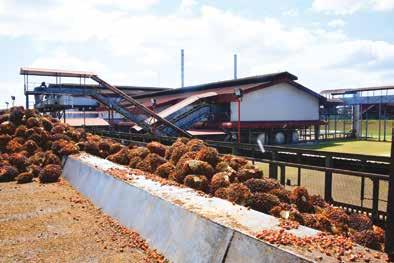

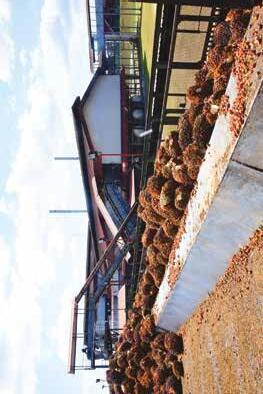





SCAN FOR MORE INFO
One-Stop Service with Muar Ban Lee Group Berhad
Dato’ Chua Heok Wee is the Managing Director of MBL Group and was appointed to the board on 30 June 2009. He joined as a foreman and assisted his father, Dato’ Chua Ah Ba @ Chua Eng Ka in 1995 and was subsequently promoted to Project Manager in 1997. With more than 28 years of experience in the design and manufacture of oil seed expellers, ancillary machinery, and spare parts, he has steered MBL from a small-scale manufacturer to one of the major manufacturers of oil seed expellers in Malaysia. He is responsible for the overall business planning, marketing, product development, and brand building of our Group. He has participated in many international metal product trade fairs and exhibitions held overseas and locally.

1. Muar Ban Lee (MBL) is deemed the world-leading palm kernel expeller manufacturer specializing in palm oil machinery and oil seed crushing machinery. Besides MBL’s longstanding reputation, what are the other factors resulting in repeat customers?
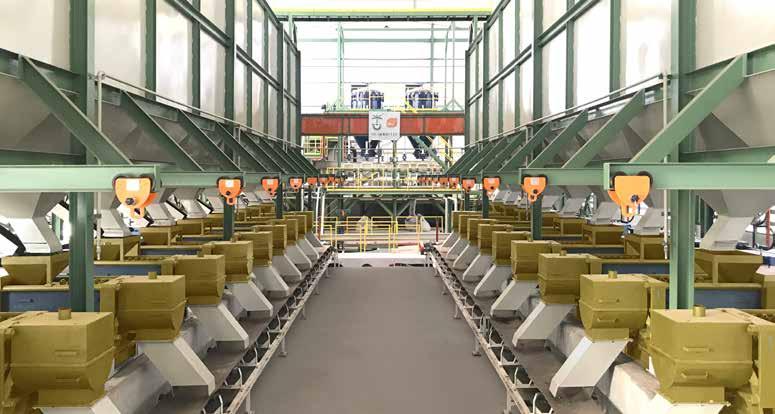
To us, commitment to the customer is very important. At MBL, we take our promises seriously, and we know that in this unique industry, your reputation can skyrocket or plummet in the blink of an eye. That’s why we handle each customer’s order with the utmost care and attention, always striving to go above and beyond their expectations.
But it’s not just about the quality of our products; it’s the whole package. Our after-sales service is a big part of it. We understand that technical hiccups can happen, and that’s where we come in. Our technical support is like having a trusted partner to help you keep your machines humming at their best, ensuring your entire operation runs as smoothly as silk.
ASIA PALM OIL MAGAZINE | Oct-Dec 2023 64 IN THE HOT SEAT
Kernal Crushing Plant
2. Share with us MBL’s history and milestones as a company with over 30 years (since 1987) of hands-on experience in the palm kernel expeller machines industry.
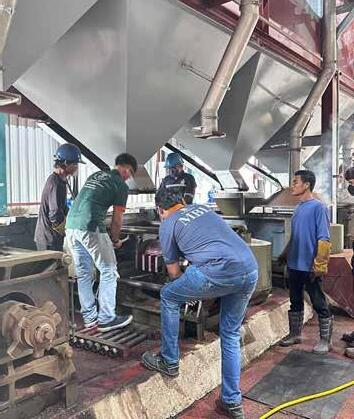
Alright, let’s rewind a bit! MBL’s journey in the palm kernel expeller machines industry started in 1987. We’ve been at this for over 36 years, and it’s been quite a ride. Back then, we were a small but passionate team with big dreams. We stood out by constantly improving our machines through research and development.
As time went on, we expanded into palm oil machinery and oil seed-crushing machinery. However, our commitment to quality, customer satisfaction, and the environment remained unchanged.
We are the first batch who export palm kernel oil expeller to African countries in the 90’s. One of our proudest moments was in 2009 when we were listed on Bursa Malaysia’s main board as a publicly listed company. Today, with over 36 years of hands-on experience, we’re still all about passion and innovation, always putting our customers first. And guess what? We’re not stopping here; there’s more to come from MBL!
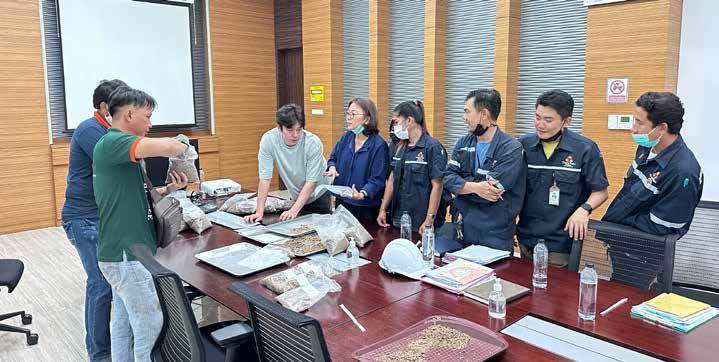
3. How does MBL compete with other players that provide the same service? Could you elaborate further on MBL’s One Stop Service?
Great questions! Here’s the deal: At MBL, we put our money where our mouth is by pouring resources into R&D every year. We’re all about enhancing the performance of our products from every single perspective.
But here’s the thing – we don’t rush things. When we come up with a new product, it doesn’t hit the market until it’s been through real-world tests. That way, we’re not just talking the talk; we’re walking the walk. We’d never treat our customers like lab rats; that’s not our style.
Now, about our One Stop Service, it’s not just a catchy phrase. It’s our promise to give you more than just a product. It’s about delivering reliability, top-notch performance, and giving you that peace of mind that comes with knowing you’re in good hands with MBL.
ASIA PALM OIL MAGAZINE | Oct-Dec 2023
Technical Training
Knowledge Transfer
4. What are the current demands in the Malaysian palm oil and oil seed extraction industry? Is there any new collaboration that you would like to share?
You know, the Malaysian palm oil and oil seed extraction industry is a dynamic one. Right now, there’s a big push for sustainability and eco-friendliness. People are starting to care about how their products are made and their impact on the environment. So, we’re seeing a strong demand for sustainable practices and responsible production, which is great because it aligns with our values.
As for collaborations, well, we’re always open to exciting partnerships that can make a difference in our industry and for our customers. While I can’t spill all the beans just yet, I can tell you that we’re actively exploring some cool collaborations that share our commitment to excellence and sustainability. Keep an eye out for some exciting news soon!
5. How do MBL’ automated palm kernel oil seed expellers, MBL series (Easy Maintenance) differ from any other expellers? What is MBL investing in technology to stay at the forefront of competition?

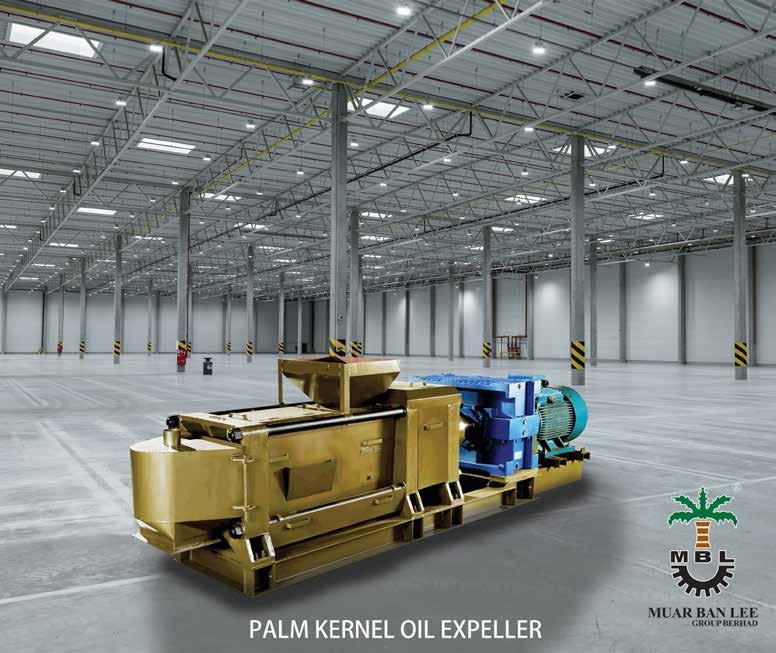
ASIA PALM OIL MAGAZINE | Oct-Dec 2023 66 IN THE HOT SEAT
Ah, you’ve hit on something really exciting! Our MBL Series Palm Kernel Oil Expeller is a total game changer, and here’s why. It addresses a major headache in Kernel Crushing Plants (KCP), and that’s maintenance. In the past, technicians had to go through quite a struggle to repair the machines. I’m talking about removing spare parts from the machine for repair, and trust me, it could be a real hassle. Some folks even resorted to hammers and torches – it was tough work, to say the least.
But now, with our brilliantly designed MBL Series, technicians can smoothly extract the worms and collars, along with the main shaft. They can then quickly replace them with a fresh set of spare parts, whether brand new or repaired. This translates to minimal downtime for the machine, and you know what that means - improved ROI for our customers. After all, we’re still in the business of making things work seamlessly.
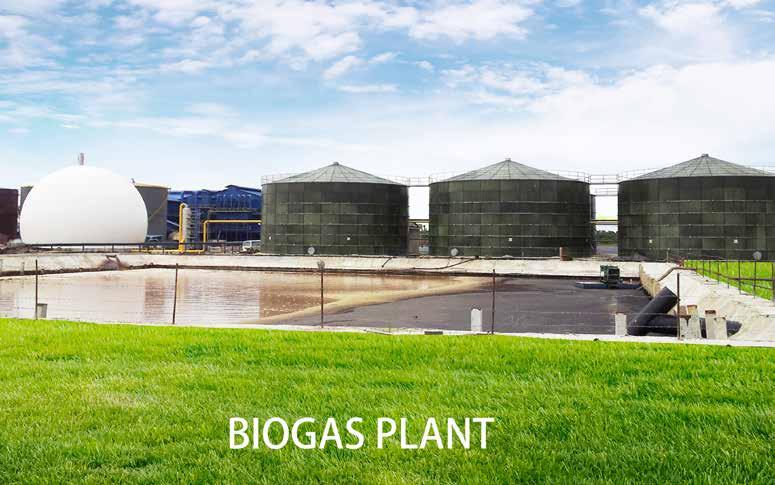
To stay ahead of the competition, we’ve recently added more automation machines to our lineup. Why? Well, it’s like giving our production a turbo boost, handling increased demand effortlessly, and keeping our quality top-notch.
These high-tech machines streamline our processes, reduce manual work, and let our team focus on innovation and quality control. It’s all about delivering the best to our customers and staying ahead in our ever-evolving industry.
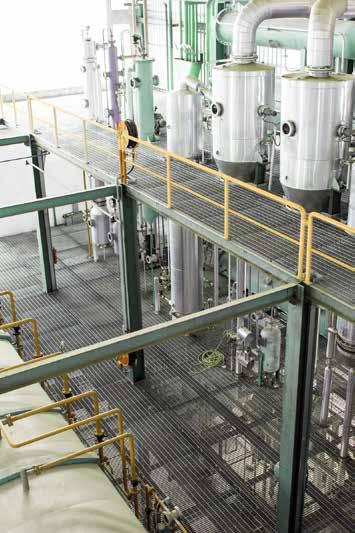
ASIA PALM OIL MAGAZINE | Oct-Dec 2023
Solvent Extraction Plant
RSPO Helps Smallholders Market Sustainable Palm Oil to the Global Market

Malaysia’s oil palm smallholders have the opportunity to generate higher incomes by increasing exports of their products through the Malaysian Sustainable Palm Oil (MSPO) and Roundtable on Sustainable Palm Oil (RSPO) certification programs.
Both certifications enable small planters to sell higher-quality palm oil products while also practicing sustainable planting methods that have a positive impact on the environment. Since 2020, it has been mandatory for all Malaysian-produced palm oil products to receive the MSPO certification, which is the national sustainable palm oil standard.
The RSPO, established in 2004, is an international certification used by the palm oil industry to promote sustainable growth and production practices but compliance with this standard is voluntary.
However, in Malaysia RSPO certification adoption is still very low among smallholders, according to RSPO chief executive officer Joseph D’ Cruz.
(Malaysia has about 250,000 registered smallholders and another 215,000 independent smallholders, according to the Malaysian Palm Oil Board [MPOB].)
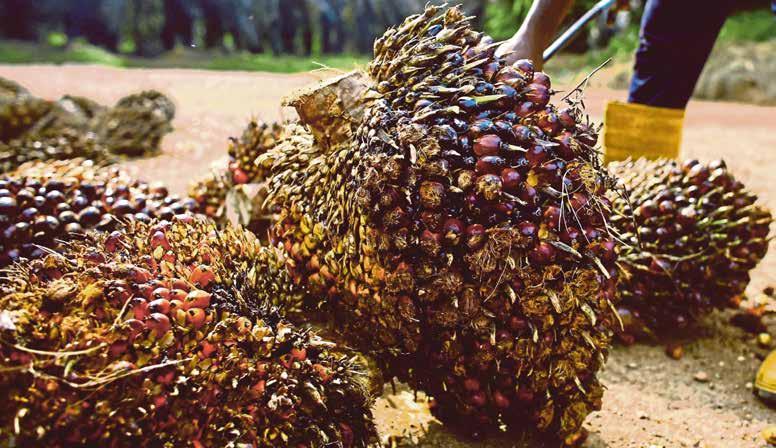
“While big and mid-cap plantation companies have adopted RSPO standards, challenges still persist when it comes to onboarding smallholders due to structural issues such as costs, skill and legal requirements which remain a barrier to meeting certification standards,” he told Bernama in an email interview recently.
He said currently 23 grower companies and just six smallholder groups across Malaysia are RSPO certified.
“Our efforts and transformation drive must continue as change and improvement are a necessity for all of us. While sustainability is a shared responsibility, it requires individual change – if we are to cross the finish line together and make an impact, we are duty-bound to take on a greater level of ownership and accept that there is always room for improvement.
“Which is why we will be building stronger partnerships with national schemes, producers, smallholders, processors and buyers to increase the demand for sustainable palm products,” he said.
D’Cruz added that MSPO certification has proven to be beneficial for oil palm smallholders as it has “laid the bedrock for farmers to adopt higher universal standards like RSPO”.
ASIA PALM OIL MAGAZINE | Oct-Dec 2023 68
COVER STORY
“RSPO certification allows smallholders to earn additional revenue through RSPO credit sales, contribute to sustainable palm oil production and align with global sustainability standards.
“These benefits not only support the economic well-being of smallholders but also contribute to environmental conservation and the social welfare of local communities,” he said.
Oil palm smallholders operate small-scale plantations with planted areas of less than 50 ha.
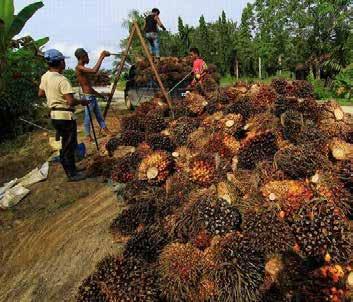
Under the RSPO certification, smallholders can grow oil palm independently as part of an independent smallholder group or as part of a smallholder scheme.
Better Yield
Smallholder Abd Rahman Mohd Noor, 69, who has been operating a 30-ha oil palm smallholding in Lahad Datu, Sabah for the last 30 years, said he embarked on sustainable planting practices after receiving the MSPO certification last year through the group certification process with the help of Sawit Kinabalu Sdn Bhd, one of Sabah’s biggest palm oil companies.
He said he started supplying his palm oil products to Sawit Kinabalu as soon as he secured the MSPO certification.
The RSPO standard is a relatively new thing for many smallholders like him, he said, adding that he is ready to apply for the certification through a group if given the opportunity to market his products to the global market.
Abd Rahman said when he first started cultivating oil palm in 1989, he had no experience whatsoever and no one to guide him as well.
“I faced many challenges then. I could only think of sustainable planting methods 10 years after I opened my smallholding.
“Today I’m getting good yields, thanks to the MSPO certification which I and other smallholders received through the group certification process with the help of Sawit Kinabalu,” he said, adding if given incentives, they are ready to comply with all the necessary standards to meet the requirements for the RSPO certification.
The cost of getting the RSPO certification for smallholder groups ranges from RM25,000 to RM40,000 per group, including membership and auditing fees. The cost also varies depending on the group size.
Strategic Collaboration
Sawit Kinabalu Group Sustainability general manager Nazlan Mohamad said besides helping smallholders to obtain MSPO and RSPO certifications, the company also buys fresh fruit bunches from them for processing purposes.
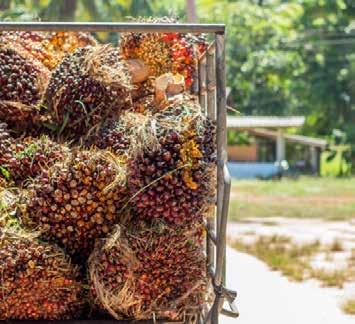
“They are paid premium incentives for their supplies if they possess RSPO certification,” he said, adding that many smallholders with only MSPO certification have expressed their wish to upgrade to the RSPO standard.
“Our company is endeavoring to support them to pursue the RSPO certification by this year.”

ASIA PALM OIL MAGAZINE | Oct-Dec 2023
According to MPOB, Sabah’s total oil palm planted area stood at 1,508,060 ha as of December last year. As of June, 95.6 per cent or 1.44 million ha were MSPO certified (source: Malaysian Palm Oil Certification Council or MPOCC) and at least 26 percent or 425,882 ha were RSPO certified (source: RSPO).
Sabah hopes to achieve its 100 per cent RSPO-certified goal for its oil palm plantations by 2025.
WWF-Malaysia Sustainable Agriculture senior manager Max Donysius said attaining the MSPO certification is an essential step toward the RSPO certification which most large companies have the resources to get.
“However, compared to big corporations, many mid-sized palm oil growers and smallholders face difficulties (in endeavoring to) comply with RSPO standards due to the cost involved to achieve full certification,” he said.
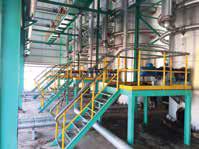
In view of this, WWF-Malaysia has set up a dedicated sustainable palm oil team (SPOT) to provide technical support to growers located in Sabah to form growers’ groups and subsequently guide them to undergo the group certification process to obtain MSPO and RSPO certifications.
“SPOT aims to support and assist 15,000 ha or 450,150 midsized growers and smallholders in the Tabin landscape to be RSPO-certified,” he told the media recently.
Donysius, who is also a SPOT team lead, said with the RSPO certification, smallholders are allowed to receive an immediate 40 per cent premium through selling RSPO credit before being fully accredited, and subsequently to a full premium price for their products upon completing all its milestones.
Why Sustainable Palm Oil?
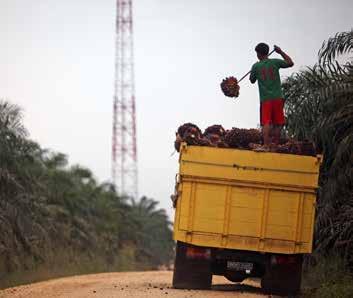
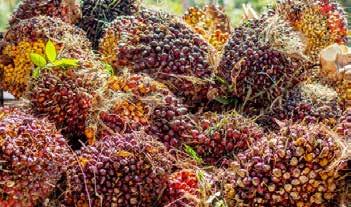
Malaysia accounts for 32 per cent of the palm oil produced globally and earned RM137.89 billion from its palm oil exports last year.
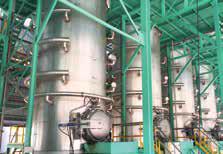
The oil palm industry has always been linked to deforestation and dwindling wildlife habitats.
In view of this, “the MSPO and RSPO certifications play a crucial role in addressing deforestation in the palm oil supply chain, protecting wildlife populations, conserving forest resources and ecosystem services, and positioning the (oil palm plantation) organization as progressive and responsible,” said Donysius.

“RSPO certification is beneficial for oil palm growers as it improves their management practices, enabling them to produce better quality fresh fruit bunches and increase their yields and gain access to (global) markets,” he said.
RSPO Smallholder Program manager Nur Nazifah Ahmad Rosland said to become RSPO certified, organizations are required to demonstrate compliance with the applicable RSPO standards.
She said RSPO currently has three certification standards, namely 2018 RSPO Principles and Criteria, 2019 RSPO Independent Smallholder Standard and 2020 RSPO Supply Chain Certification Standard.
“There are systems in place to ensure that RSPO-certified members abide by the standards, which include third-party certification, a system of accreditation for certification bodies, an open and transparent grievance mechanism, supply chain certification to end-users, and traceability provided via the PalmTrace system,” she told Bernama in an email interview.
“Our certification levels remain one of the strictest across other voluntary agriculture sustainability standards and are subject to review every five years to ensure that they remain relevant.”
ASIA PALM OIL MAGAZINE | Oct-Dec 2023 70
COVER STORY v `j jv `v `jv h
Smallholders
Nur Nazifah also said that in order to get more smallholder groups to obtain RSPO certification, RSPO has engaged with key palm oil stakeholders, as well as local government authorities, to promote a Jurisdictional Approach (JA) to RSPO certification.
“The JA involves the certification of palm oil production at the jurisdictional level, which uses a particular model of jurisdictional landscape development,” she said.

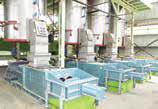
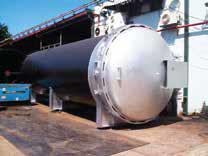

(JA is an important way to increase certification among smallholders while improving their livelihoods and conserving important forest areas for biodiversity and environmental protection).
She said there is a need to support more smallholders, whose smallholdings comprise about 40 per cent of the total oil palm planted area in Malaysia, to embrace good agricultural practices and produce sustainable palm oil.
Source: www.nst.com.my
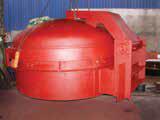
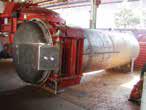
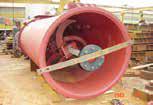


“Certification also helps them to gain access to new markets. However, smallholders cannot be certified individually but need to be organized in groups led by a manager to ensure compliance of all group members with the growers’ standards,” she said.
Nur Nazifah also said RSPO has increasingly focused on mechanisms to support smallholders through a variety of approaches such as the RSPO Independent Smallholder Standard which aims to circumvent the barriers through a phased approach towards compliance, and the RSPO Smallholder Support Fund which allocates 10 per cent of the income generated by the trade of certified sustainable palm oil to help smallholders around the world to get RSPO certification without incurring any cost.
“The RSPO Smallholder Engagement Platform is also available to connect smallholders with potential project partners as well as provide additional financial and non-financial resources and support to smallholders around the world,” she added.
^ÇëJe~äÑ=m~ÖÉJhÉàìêìíÉê~~å=t~åÖ=vìÉå=Eg~åJj~ê=OMOMFKéÇÑ===N===OSLNOLOMNV===RWPPWMQ=mj

Advertisers
ABS Innovations Sdn Bhd
Airei Sdn Bhd
Alfa Laval Malaysia Sdn Bhd
Aluminium Company of Malaysia Bhd.




Elliott Group
Guascor Energy S.A.U.
HSS Industrial Products Sdn Bhd
IBG Manufacturing Sdn Bhd
JJ-Lurgi Engineering Sdn Bhd
Kejuruteraan Wang Yuen Sdn Bhd /
Muar Ban Lee Engineering Sdn Bhd
MVance Engineering Sdn Bhd
Myande Group Co. Ltd

Nantong Ant Machinery Co. Ltd
Pakar Pertanian Ekspo (PPE) 2024
PALMEX Indonesia 2023
PALMEX Malaysia 2024
PALMEX Thailand 2024
PIPOC 2023
Wasco Agrotech Sdn Bhd
Rio Tinto Services INC
SSAB Swedish Steel Sdn Bhd
Taner Industrial Technology (M) Sdn Bhd
YKL Engineering Sdn Bhd
Website absi.global
www.airei.com.my
www.alfalaval.my
alcom.com.my
www.elliott-turbo.com
www.guascor-energy.com
www.hssip.com
www.ibgv.com.my / www.ibgbiofertilizer.com.my
www.jj-lurgi.com
www.wangyuen.com
www.mbl.com
www.m-vance.com
www.myandegroup.com
www.antcn.cn
www.pakarpertanian.my
www.palmoilexpo.com
www.asiapalmoil.com
www.thaipalmoil.com
pipoc.mpob.gov.my
www.wascoenergy.com
www.agriculture.borax.com
www.ssab.com
www.taner.com.my
www.yklgroup.com.my
INTERNATIONAL SALES OFFICES
Page 11 57 17 15 19 49 21 43 5 71 44-45 Cover Bottom IBC 31 25 37 35 39 63 29 41 33 9 3/ IFC/ OBC
E-mail: info@fireworksid.com E-mail: info@fireworkphils.com
ADVERTISERS INDEX E-mail: my@asiafbi.com E-mail: info@fireworkssg.com



